Secrets the travel industry doesn't want you to know
Change the way you travel
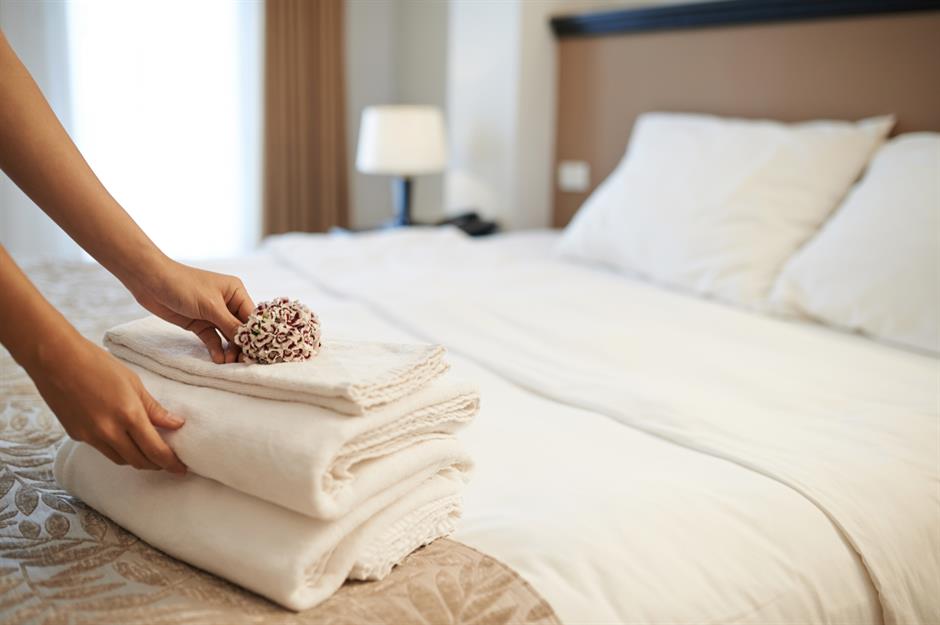
If you scratch beneath the travel industry's shiny surface, you'll find a host of surprising things you never knew to be true. From little-known ways to cut costs to the clandestine crevices of a cruise ship, we dig into the industry's underbelly and reveal the secrets travel officials have been keeping from you.
Click through this gallery to discover the hidden world beyond your holiday, starting with the travel industry's top booking secrets...
Get two trips in one with a stopover programme
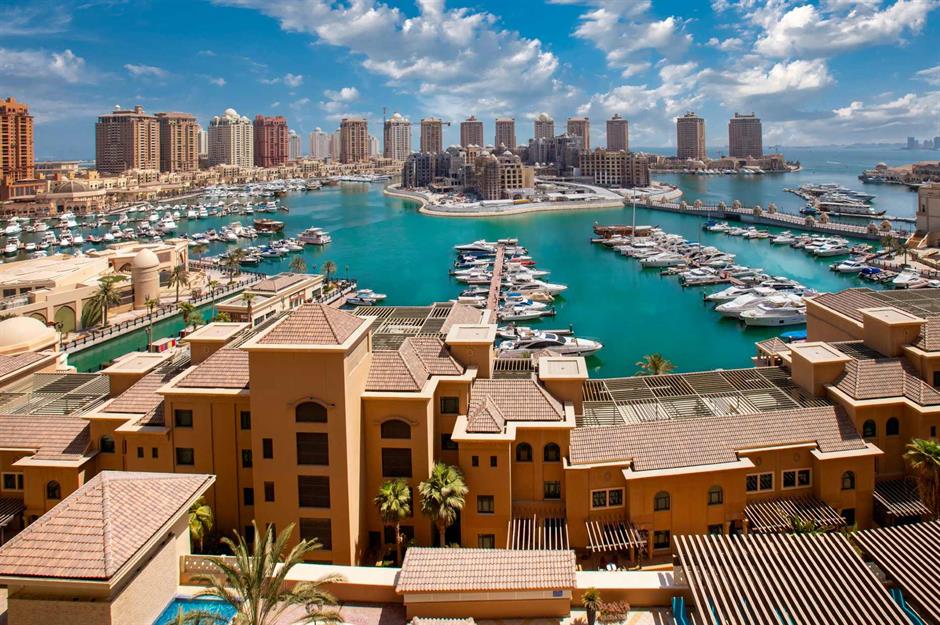
If you’re a keen country counter, this hack is definitely for you. A handful of international airlines passing through other cities en route to their final destination offer complimentary and affordable stopovers when you book long-haul flights with them.
These flexible stopover programmes – basically extended layovers – allow you to leave the airport, break up your journey and explore a new place. TAP Air Portugal offers the chance to stop over in Lisbon or Porto; Iberia customers can add on a stay in Madrid; Icelandair lets you roam around Reykjavik; and Qatar Airways offers luxurious city breaks in Doha (pictured) at a huge discount.
Book excursions independent of your cruise line
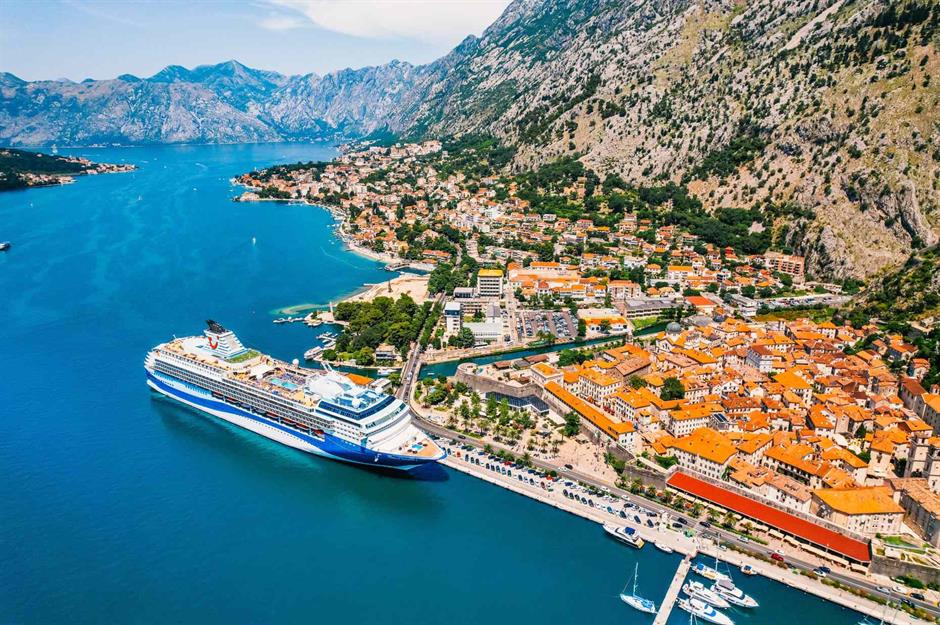
Some cruise operators (Regent Seven Seas Cruises, Viking Ocean Cruises) offer shore excursions as part of the upfront cost, but in some cases you'll pay an extra premium for any organised tours on land.
The prices are usually inflated, so seek out independent operators in the destinations you'll be visiting, or do your own research and go it alone. Either way, make sure you're back on time – your tour savings won't be worth it if you're late back to the boat.
Sponsored Content
You should favour Airbnb ratings over reviews
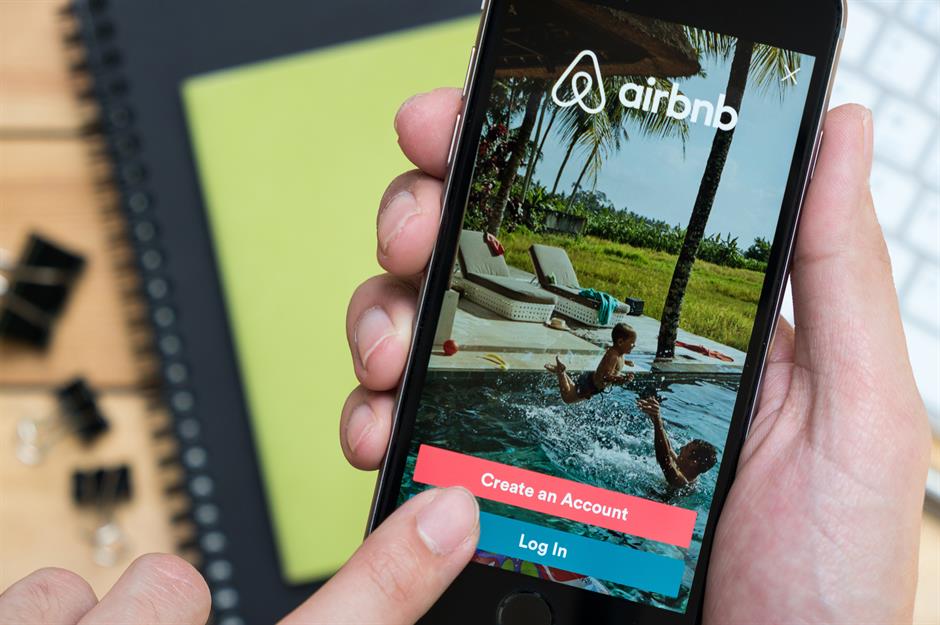
Airbnb is a two-way street and, as a guest, you'll have the chance to review your host and their property – but they'll have the chance to share their thoughts on you too. This means many guests are unlikely to be wholly honest in the review of their stay for fear of being slapped with a bad review in return.
However, since ratings offer more anonymity, guests are more likely to be honest in this part of their feedback. Read the reviews, of course, but pay special attention to the ratings.
Bogus listings have been known to exist on Airbnb
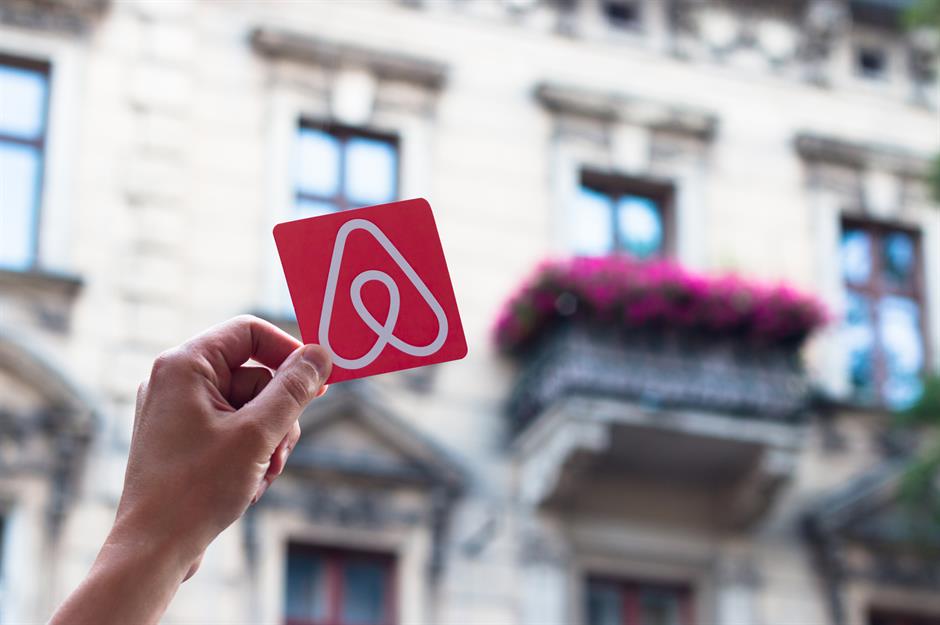
While most Airbnb stays run without a hitch, there have been some horror stories over the years. Fraudsters have operated on the site, and holidaymakers have been swindled by conmen hawking fake properties who insist that money must change hands via bank transfers rather than via Airbnb's protected system.
One such crook hoodwinked a traveller from Bath, who lost thousands of pounds on a fabricated Sicilian villa. Protect yourself by checking reviews and paying for your property on the platform.
Book with a foreign operator and you might save money
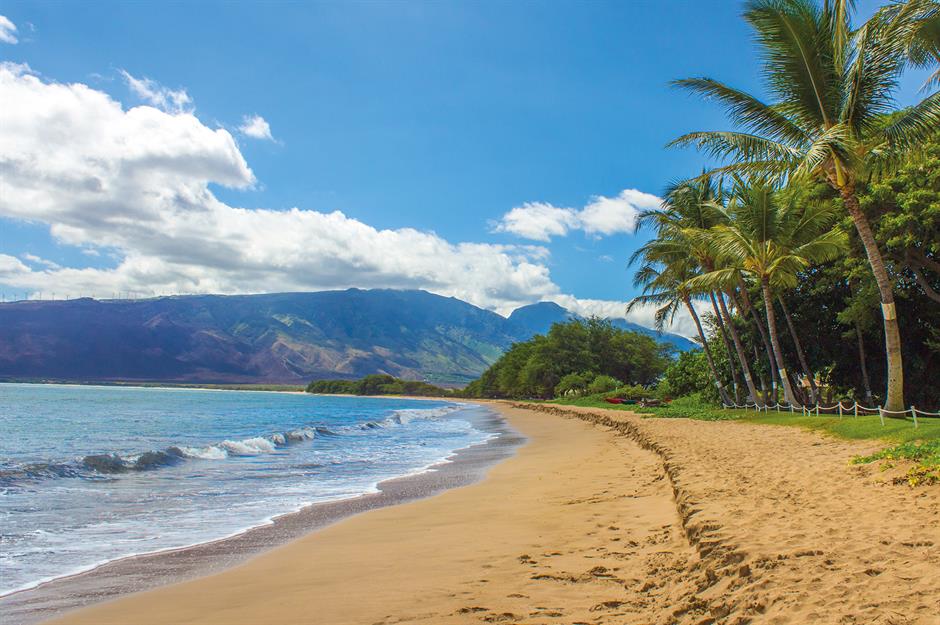
When booking a trip, remember you're not limited to a national operator – in fact, look further afield and you might even land a more attractive deal. Cruises run by American operators in particular tend to be cheaper, and you may also find more affordable rates on destinations such as Hawaii.
But be aware of complicating factors such as the potential need for a US credit card and the lack of ATOL protection. The best advice is to shop around and weigh up the pros and cons.
Sponsored Content
Social media should be your first port of call
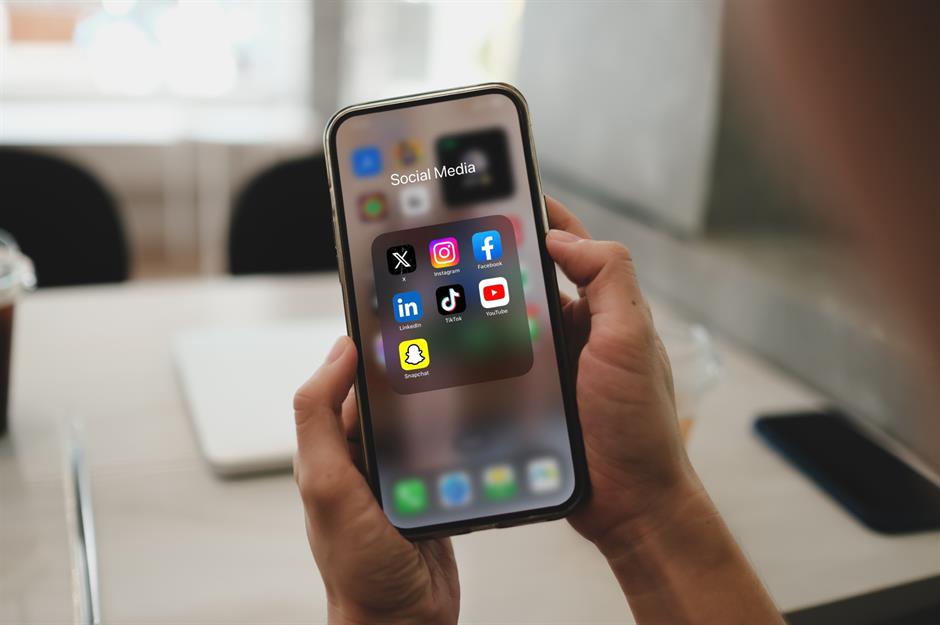
Before you get booking, follow travel brands such as hotels, airlines and comparison sites on social media. Often deals and discounts will be announced on Facebook, X and Instagram, and you may also hear about new properties, lucrative loyalty schemes and other insider info. The Expedia, Kayak and JetBlue Cheeps accounts are particularly good at sharing deals on socials.
Travel agents work on commission
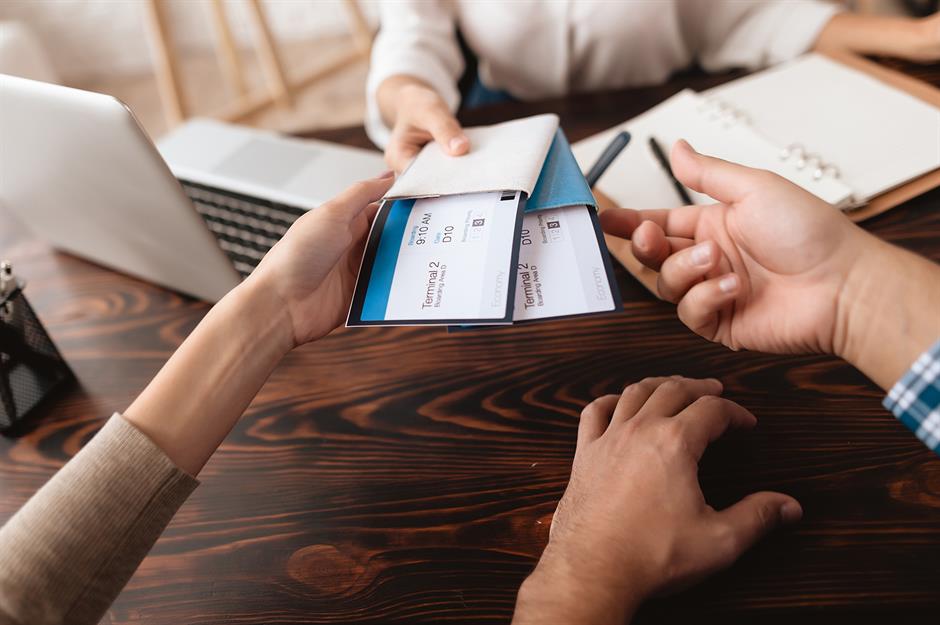
Travel agents typically earn 10-18% commission on each sale they make so, in theory, the more you're paying, the more your agent is earning. Of course, most agents have their clients' best interests at heart and aren't trying to be disingenuous – but it's worth doing your own research before you book. Be switched on, savvy and ask for their honest opinion – that way you can have a genuinely useful exchange.
Booking sites may have hidden costs
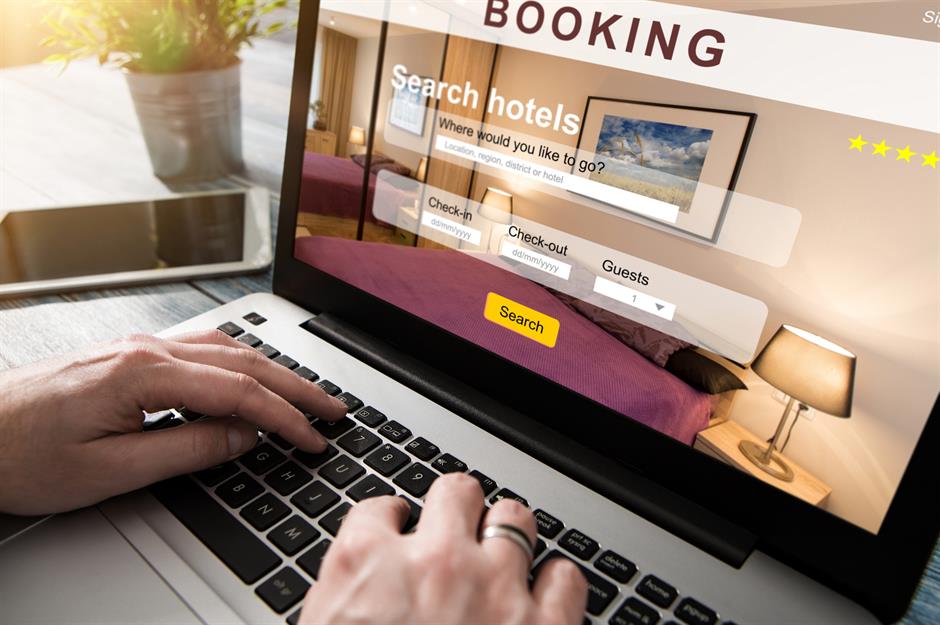
While many assume they’ve bagged the cheapest deal by snapping up their holiday on a booking site, that may not always be the case. A recent price analysis carried out by Which? compared the cost of 30 overnight stays in 10 hotels across nine different websites. It found that booking direct, rather than using a third-party website, resulted in the best price half the time.
This is because the initial prices customers are drawn in by on booking sites are often not the ones they’ll pay in the end. Once at the checkout, travellers may well find previously undisclosed taxes and resort fees lumped on to the amount.
Sponsored Content
Airlines sometimes experience pricing glitches and you could snap up a deal
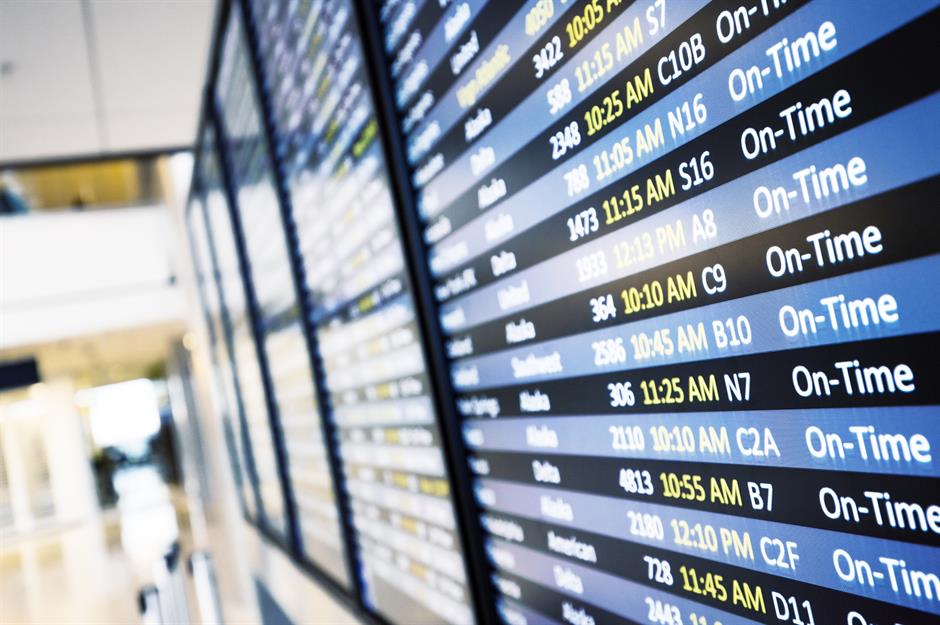
We're lifting the lid on some cost-cutting secrets next, including this unusual quirk. Human error affects even the most well-oiled companies and airlines are no exception.
An erroneous tap of the key from an airline employee (usually a missing '0') could land you a sweet deal on your holiday – but you'll need to be fast. Luckily, there are sites dedicated to highlighting these unlikely deals, such as HolidayPirates.
There's a way to avoid airlines' hefty baggage charges
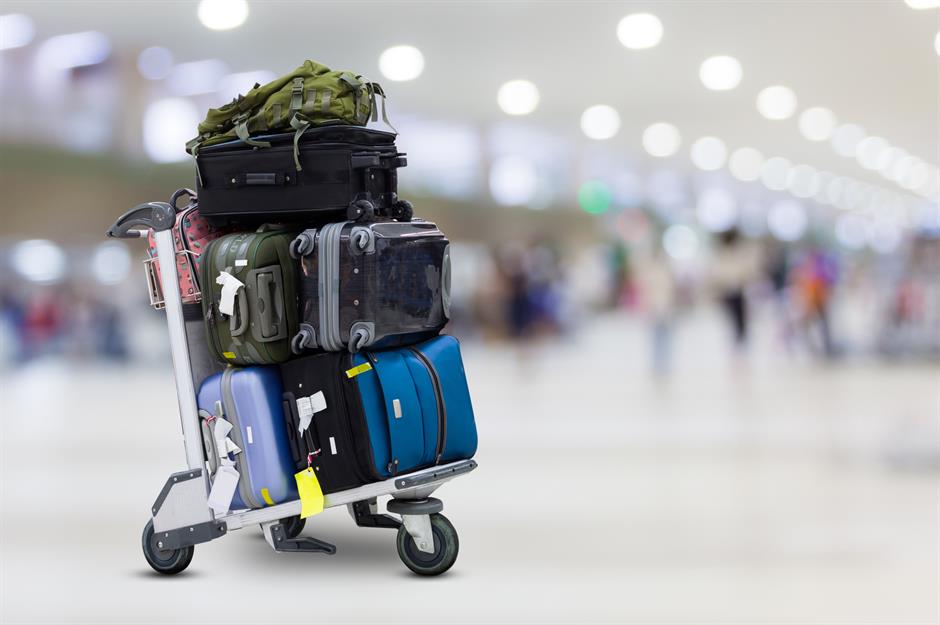
Luggage fees can push up the price of your flight no end – but there are cheaper alternatives that can also be more convenient. Companies such as Send My Bag offer competitive rates for ferrying your luggage between destinations in Europe and beyond.
You can get a quote for your delivery (and compare prices with your airline), then book online. Your bags will be collected from a location of your choice and shipped direct to your accommodation.
Split ticketing might save you a fortune on train travel
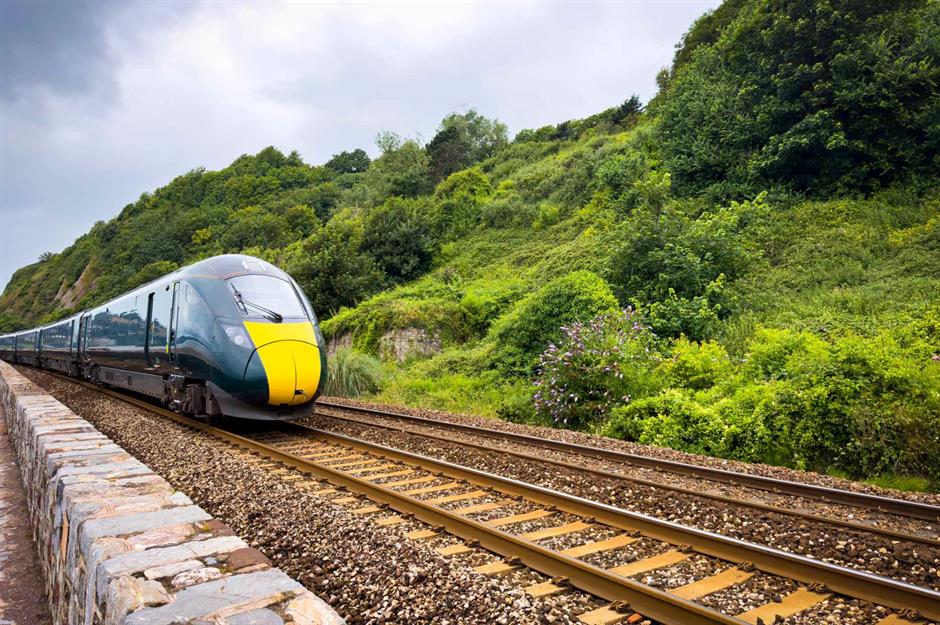
Split ticketing is when you buy separate tickets to cover different legs of your train trip, instead of buying just one ticket for a whole journey. So, for instance, if you’re travelling from Bristol to Birmingham in the UK, you would buy one ticket from Bristol to Cheltenham Spa and another from Cheltenham Spa to Birmingham, rather than one ticket between the two stations.
Sites like Split My Fare and the Trainline app's SplitSave function can help you search for the best-value split tickets, although they’re not available on all journeys.
Sponsored Content
Booking on Black Friday is cheaper than the January sales

When analysing the cost of 140 flights and holidays on Black Friday 2023, Which? found that 73% were cheaper than they would have been two weeks later, or even during the January sales in 2024.
But remember, this kind of deal is only a good saving if you were going to book the holiday anyway – don’t let the little consumerist devil on your shoulder tempt you into booking or buying things you don’t need, whether it’s Black Friday or not.
Some destinations reward travellers for good behaviour
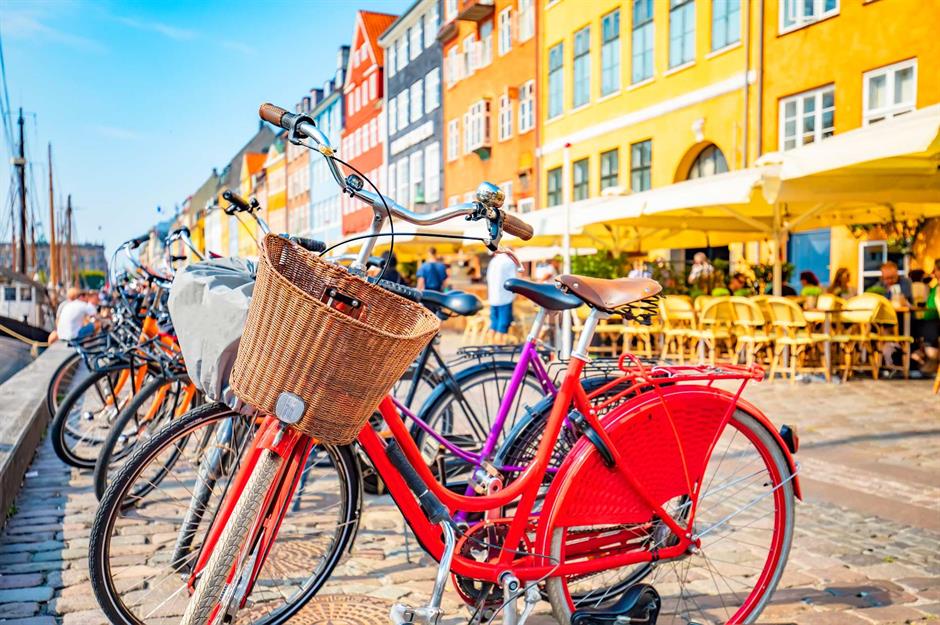
Copenhagen has long been setting an example as one of the greenest capitals in the world, and it recently rolled out a new scheme that rewards tourists with freebies in exchange for planet-friendly acts. With CopenPay (a programme which runs from June to August each year), you can earn free coffees, lunches, museum entry and more when you choose to cycle instead of drive, volunteer at an urban garden or go litter-picking on the city’s waterways.
There are also companies like Wild Sweden and hotels like Mas Pelegri in Spain that offer free meals or discounts for those travelling by rail instead of air.
You'll be charged a premium on taxis if you're picked up at the airport
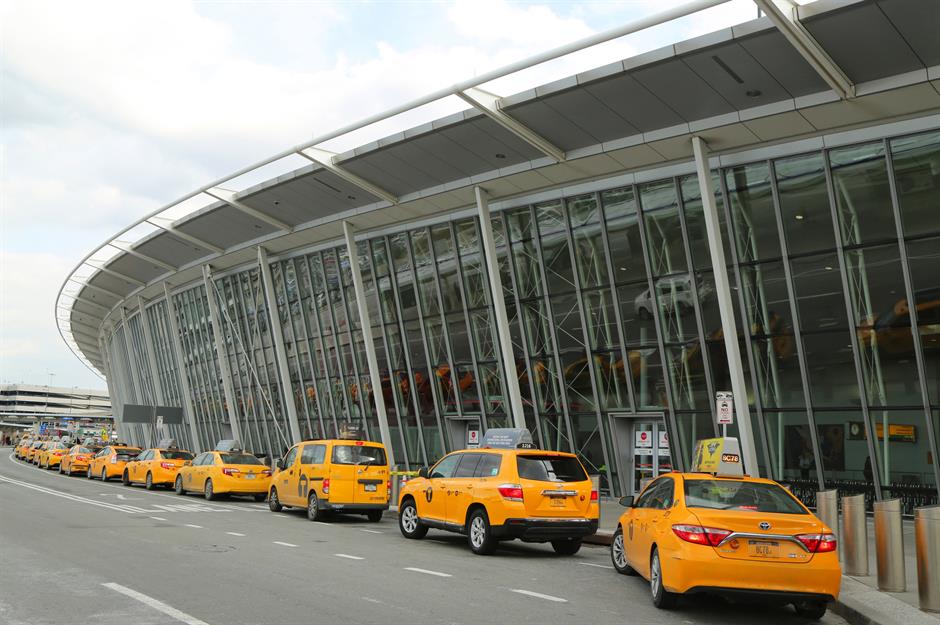
While you may be tempted to sink into the back of a cab as soon as you've plucked your bag from the carousel, you'll be charged a tidy sum to do so. Taxis are more expensive than public transport wherever you are but, knowing the whims of weary travellers, cab companies reportedly hike their prices up even further for an airport pickup.
You may still wish to plump for a cab over a confusing public transport system, but it's worth being aware that you'll be paying extra for the convenience.
Sponsored Content
There are apps that will find the cheapest fare for you
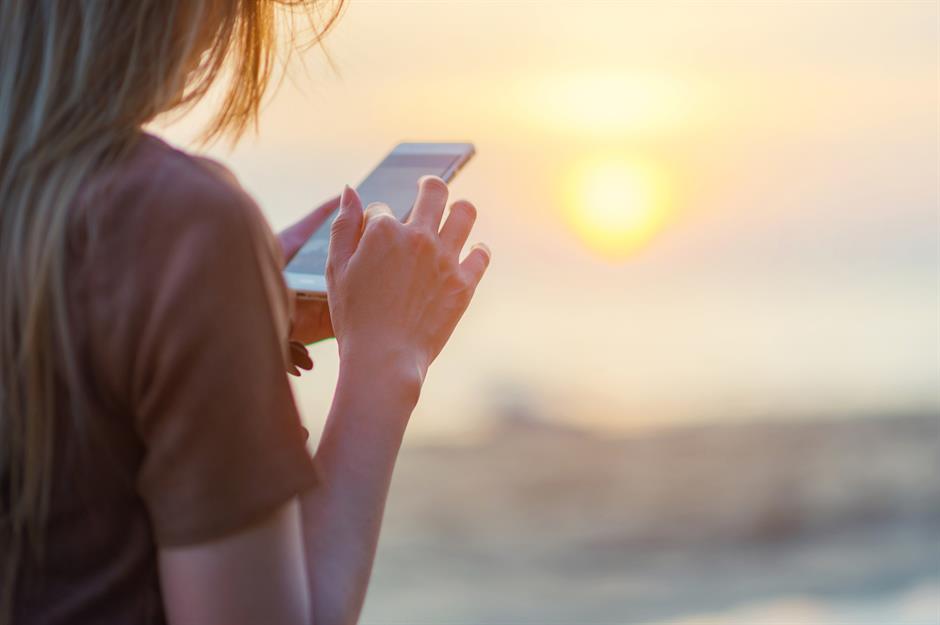
Nifty apps such as Hopper and Airfare Watchdog go well beyond regular comparison sites and can help you score a great deal on flights. Hopper allows you to share where you’re travelling to and the window within which you wish to travel.
The app will then monitor fares for as long as you'd like and tell you when to strike. Airfare Watchdog is very similar, although it keeps an eye on a specific journey and lets you know if the price drops.
Group bookings for flights are sometimes more expensive
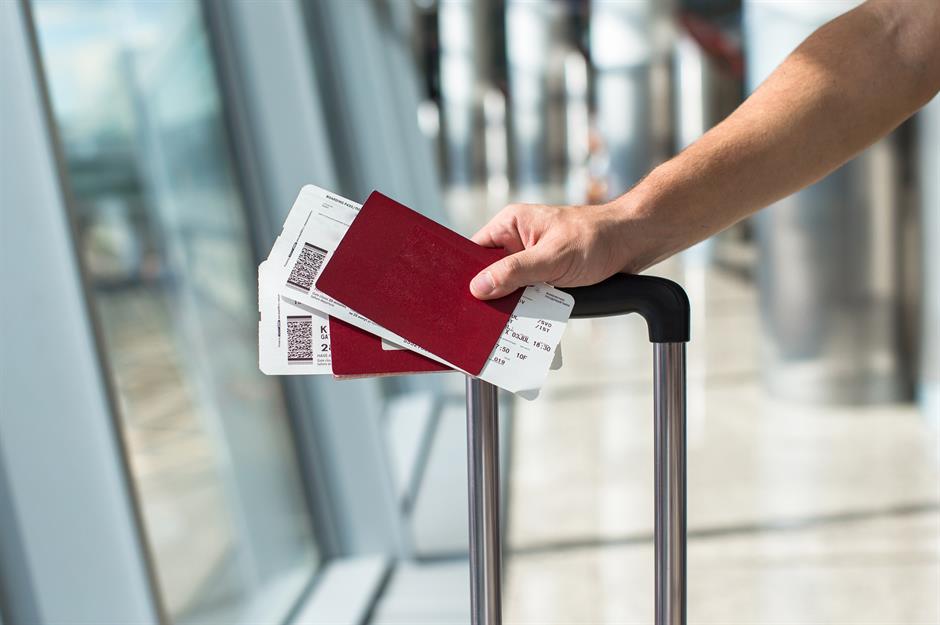
If you’re flying in a group, it may be cheaper to book plane tickets one at a time. FareCompare's Rick Seaney told USA Today that, if there are only three tickets available at a lower price, and you're booking for four people, the entire group's tickets will be bumped up to the higher price.
But, if you do each transaction separately, only one ticket will be more expensive, and you can split the total between you. Consider, though, if the saving is worth the hassle of several different bookings.
You'll pay more to exchange currency at the airport
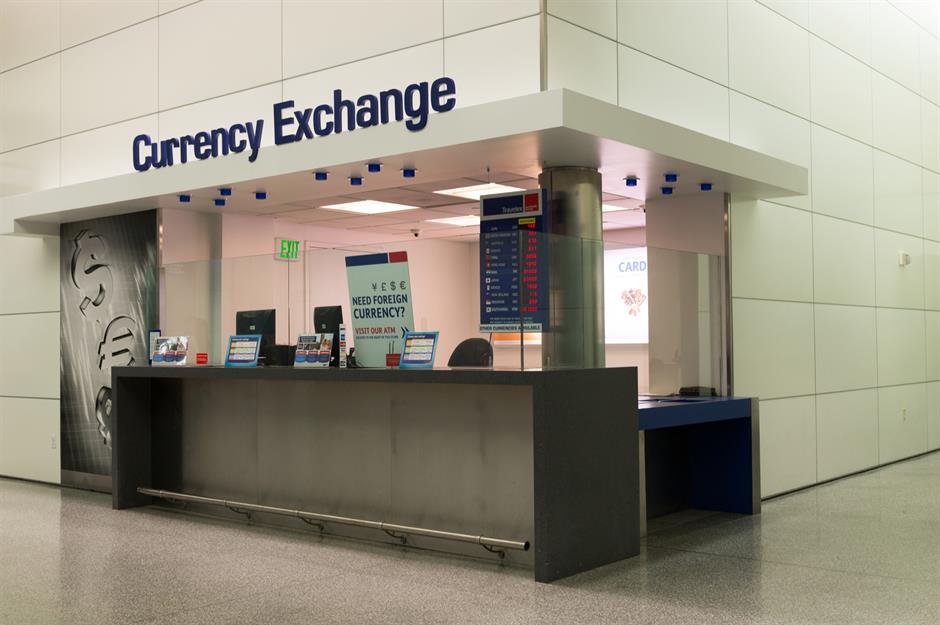
You'll pay well over the odds to change your money at the airport. In fact, according to Conde Nast Traveller, the rate can be between 7% and 15% worse than the standard bank rate.
Instead, sort your travel money online before you depart or at a bureau de change, and use tools such as MoneySavingExpert's Travel Money Max tool and look out for Travelex's 'Happy Hour' deals to ensure you're getting a decent rate.
Sponsored Content
Check in last and your bag could be first off the plane
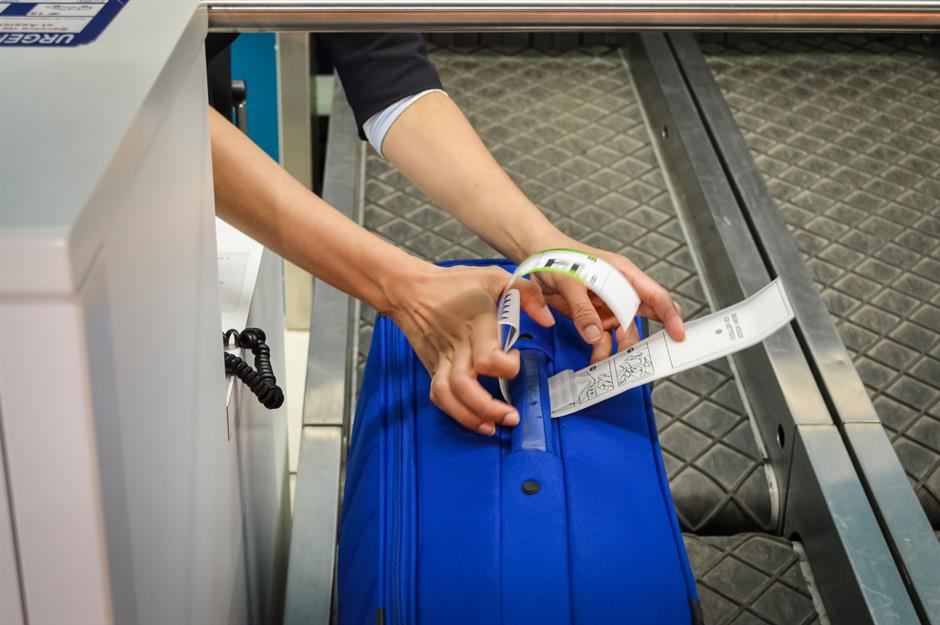
In these next few slides, we've got the lowdown on the world's airports, from the check-in desks through to baggage claim. Ever heard of the 'last in, first out' policy? If you're one of the final people in line to check in, your bag should be one of the last onto the plane, and thus, the first off when you reach your destination.
Keep an eye on that check-in line, but don't cut it too fine – a missed flight is certainly more inconvenient than a long wait at the baggage carousel.
Journey times may be exaggerated to make it seem as though flights are on time
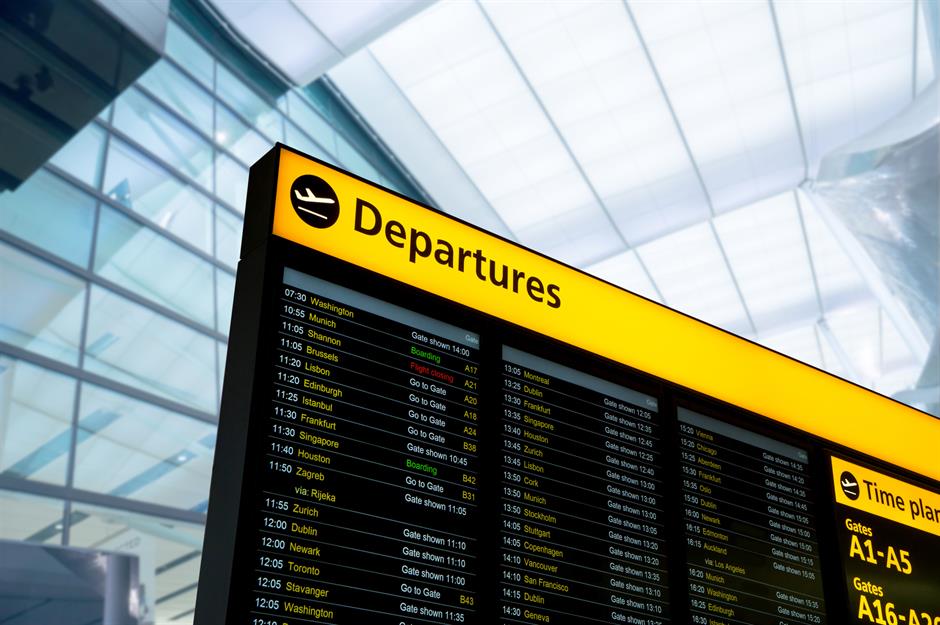
Despite continued innovation in aviation, The Telegraph revealed in 2022 that flight times are longer than they were 25 years ago. This fact has led some experts to cry 'schedule padding' – when airlines amplify journey times in order to grant themselves wiggle room and make delays less likely.
Though it's a hotly denied claim, this would mean airlines could be saving bucket-loads on payouts for late-running services.
Your fragile luggage sticker may well be missed
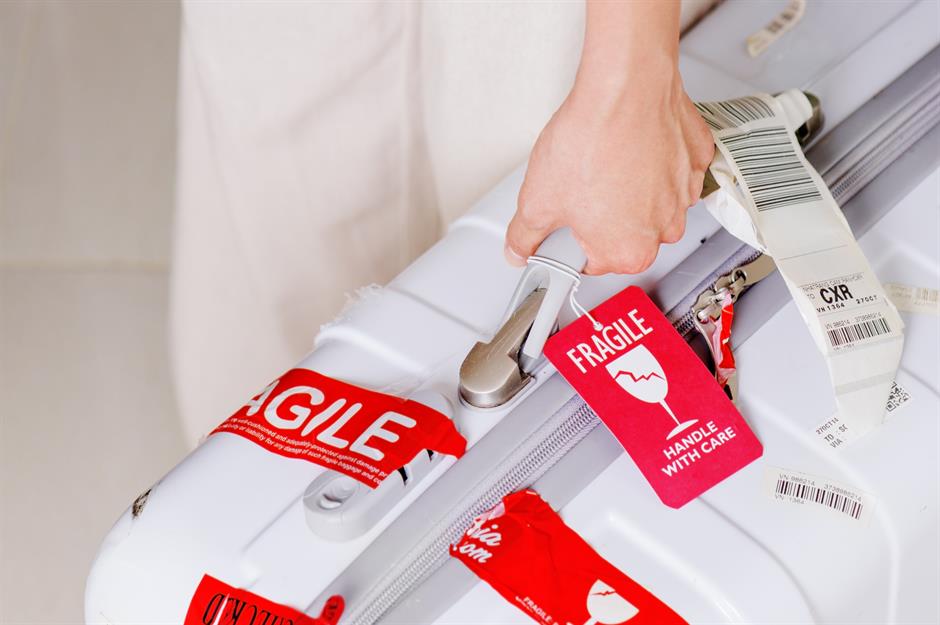
Baggage handlers must work extremely quickly and therefore your fragile stickers, however conspicuous you think they may be, could go unnoticed. It's far more sensible to pack any truly delicate or valuable items into your hand luggage.
Sponsored Content
You're owed compensation if your baggage is damaged or delayed
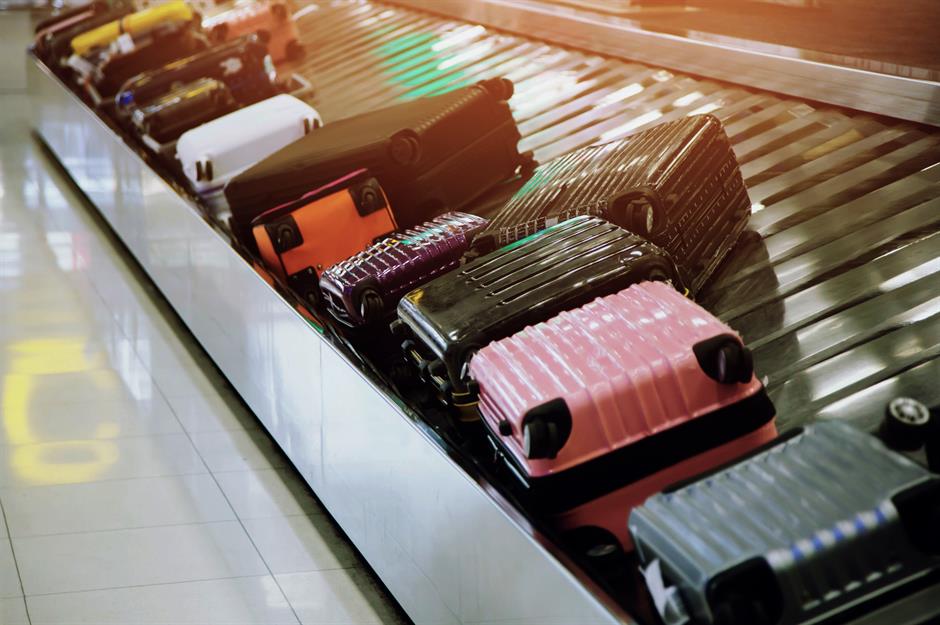
Passengers often don't take full advantage of the compensation they're owed. If your luggage is delayed, the airline is obliged to reimburse you for any essentials, such as toiletries and underwear (keep all your receipts).
If your bag is lost or damaged, airlines should offer money towards repairing or replacing the contents. You'll need to fill out a Property Irregularity Report and get in touch with the relevant airline – the Citizens Advice Bureau has lots of useful information.
Your left luggage might be sold off if you don’t claim it
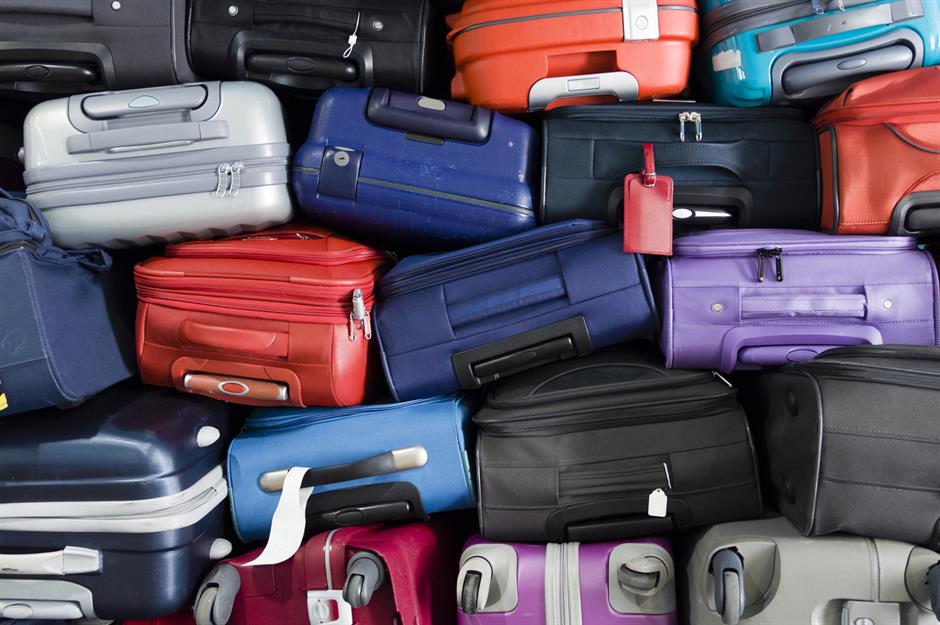
If you don’t claim any luggage lost in transit, it may well be auctioned off to the highest bidder. At so-called 'lost luggage auctions', mystery items are sold on to eager punters. Make sure you let the airline know your luggage is missing within 21 days, or others may well make a quick buck on your belongings.
Always wash your hands after security
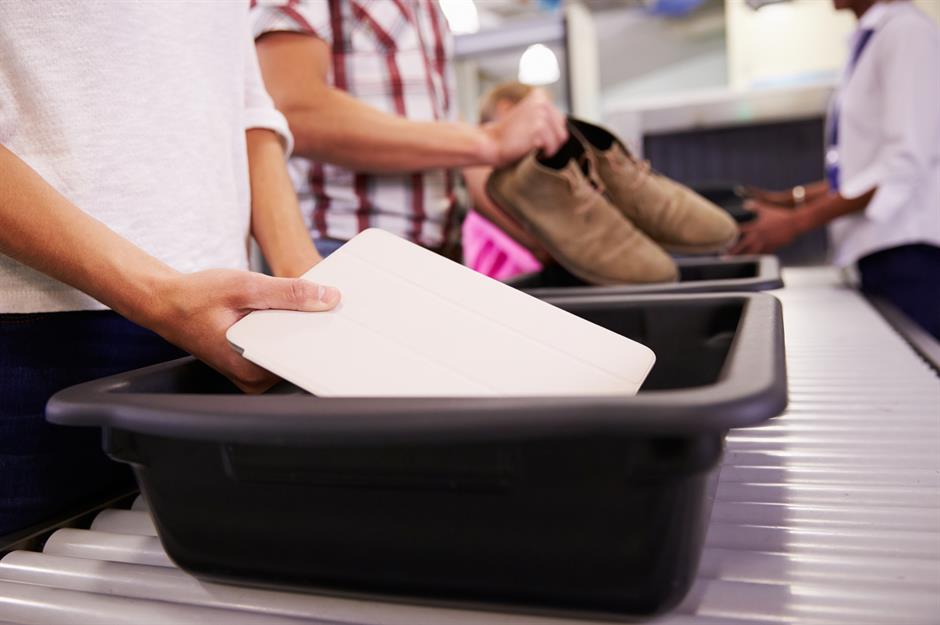
Airport security is stressful enough, but this stomach-turning secret will likely make the experience even less palatable. A study from 2018 claimed that filthy security bins are likely to carry cold-causing viruses such as rhinovirus or adenovirus.
The trays reportedly carry even more germs than airport toilets, which scientists found to be surprisingly clean. Carry a hand sanitiser in your hand luggage (less than 100ml, of course) and head straight for those sparkling toilets to wash your hands once you've made it through security.
Sponsored Content
Airports are designed to make you part with your money...
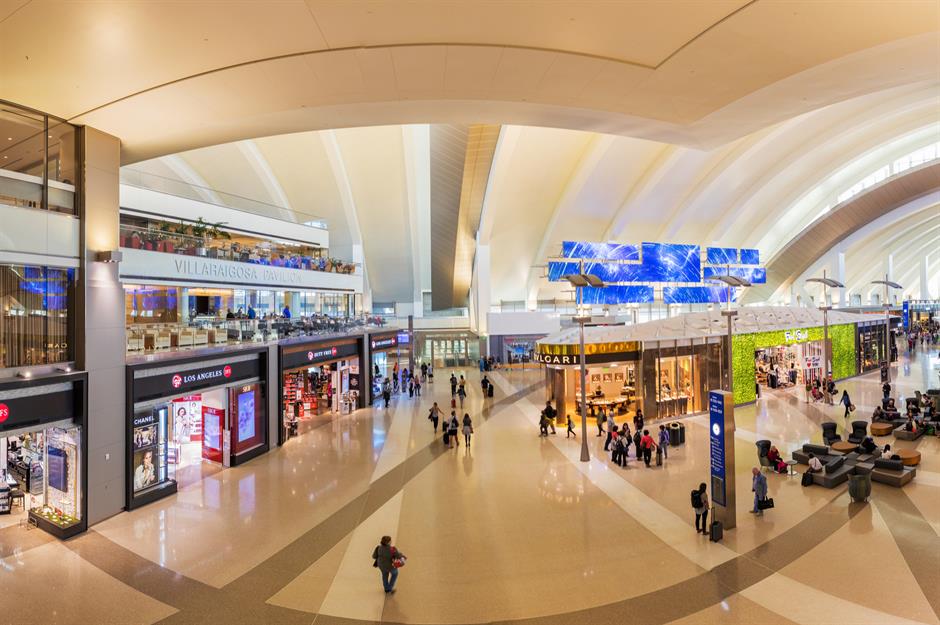
From strategically placed seating to that winding pathway through duty free, airports are carefully crafted with the intention of getting time-rich passengers to part with their cash. The window of time that travellers have between security and boarding is known to insiders as the 'golden hour'.
According to some experts, faster moving security lines and streamlined check-in processes are as much about maximising the so-called 'golden hour', as they are about safety and efficiency.
...but you might not get the best deals at duty free
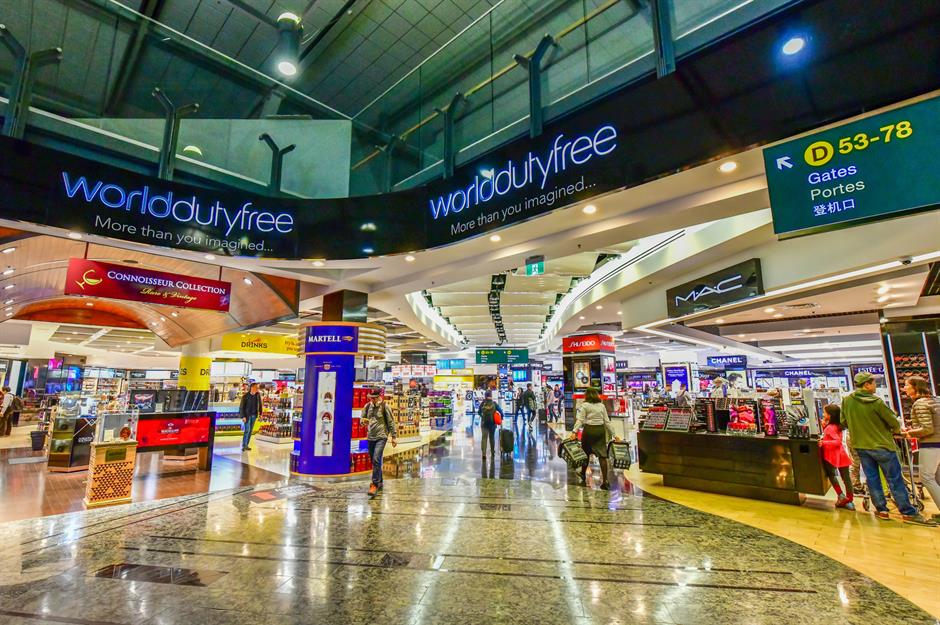
Whether or not something actually ends up being cheaper at duty free depends on what you're buying. While savings can be substantial on items like alcohol and perfume, a pair of sunglasses from Eyewear by David Beckham were found by Metro.co.uk to be cheaper from an online retailer.
As different products are taxed at different rates, the best advice is not to be sucked in by the promise of duty free – instead, do your own research and only purchase the item if you can't find it cheaper elsewhere.
You’re not legally obliged to show your boarding pass at airport shops
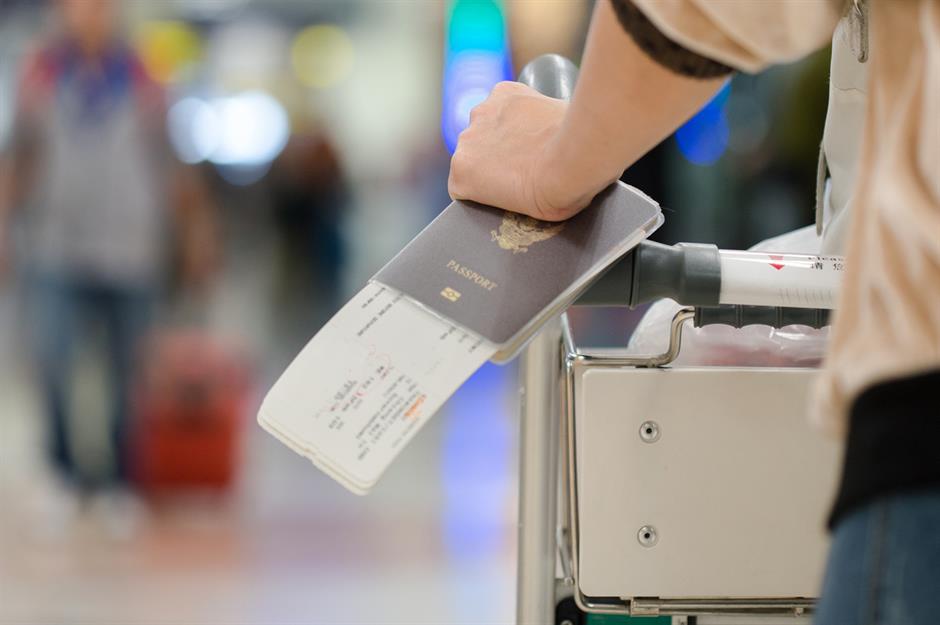
By asking customers to show their boarding passes, companies can avoid paying VAT on goods purchased by people travelling outside the EU. And, in 2015, airport stores were slammed for failing to pass on savings they made to consumers.
Showing your boarding pass is not a legal requirement (unless buying from duty free) and some consumers may refuse to reveal it by way of protest. Be aware though: shops can refuse you service if you don't show your pass, especially if their system needs it to continue with the transaction.
Sponsored Content
Your pilot may take a nap during the flight
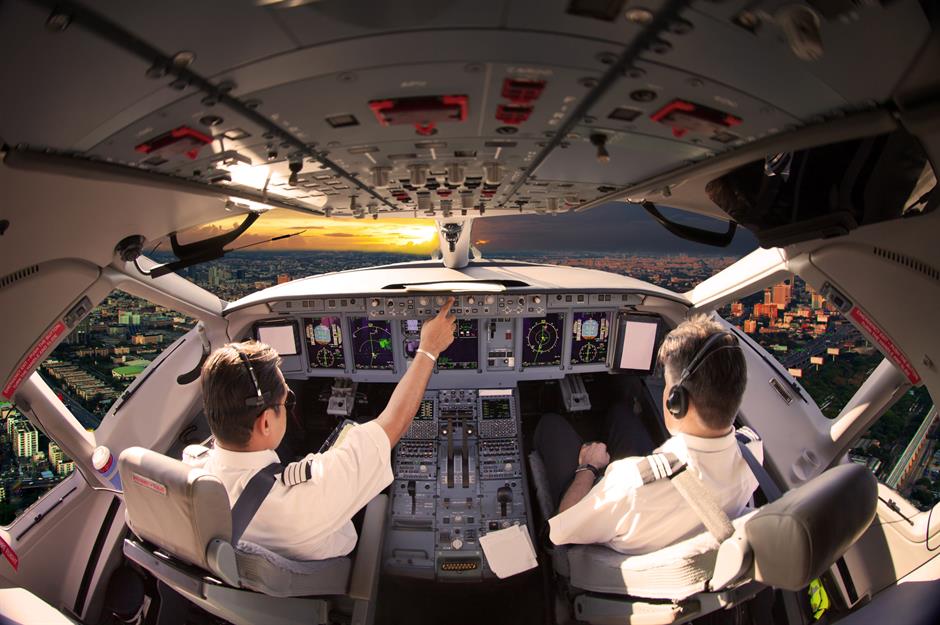
From what really goes on in the cockpit to why the lights are dimmed for take-off, we're now sharing some surprising facts about travel at 40,000 feet (12,192m). Firstly, to ensure they remain at their most alert, your captain might take some 'controlled rest' during the flight.
This involves napping in 45-minute bursts – but only when there's a pair of pilots in the cockpit and when there are periods during which less work is required.
There’s a reason the lights are dimmed for take-off and landing
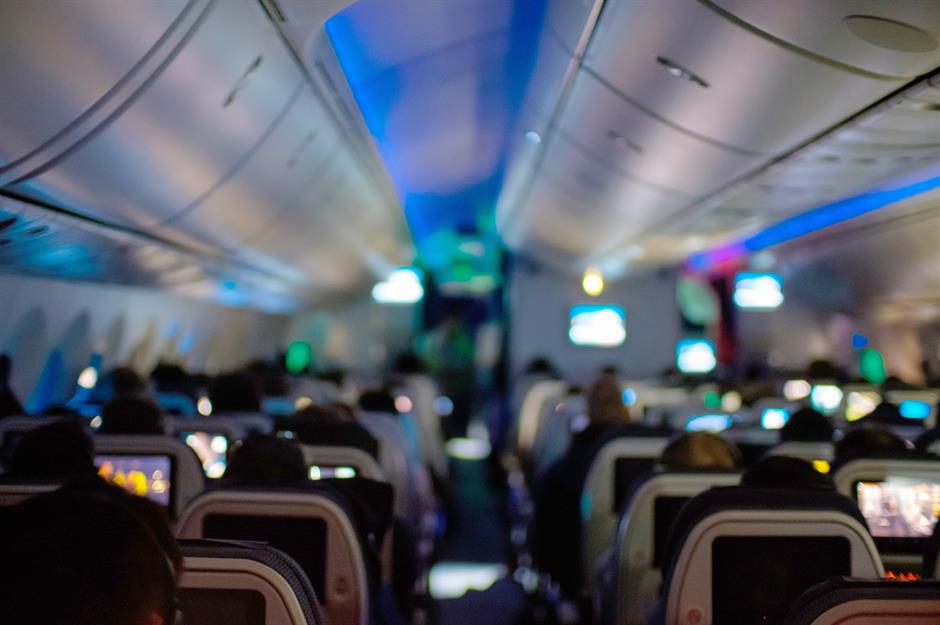
Ever wondered why the lights on a plane are turned down for take-off and landing? It’s actually for safety reasons. By dimming the lights, plane crew ensure that everyone’s eyes are adjusted to darkness.
This means that, should there be a power outage and an emergency situation ensues, passengers and crew would have already adapted to a change in light. This means they're able to act more calmly and effectively, and emergency signs are visible early on.
Plane seats are smaller than they used to be
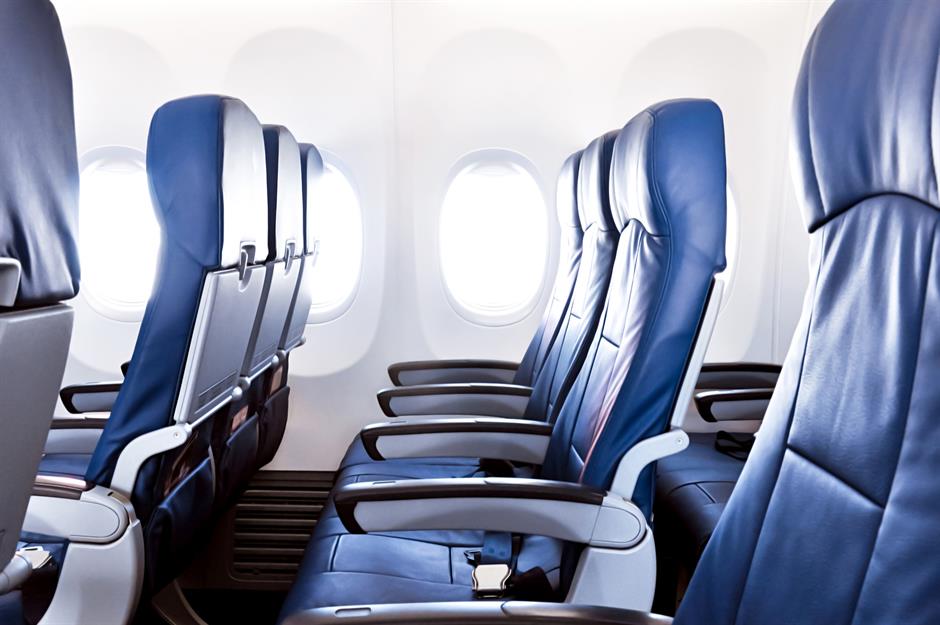
Passengers have been up in arms in recent years about the shrinking size of plane seats and the cramped conditions of aircraft, as airlines attempt to pack more people onto their planes. Some Golden Age planes boasted a 'seat pitch' (the distance between the back of your seat and the one in front) of 34 inches (86cm).
Today, some long-haul aircraft have seat pitches of just 29 inches (74cm). The same goes for width – while most airlines had a seat width of around 20 inches (51cm) some 30 years ago, today it’s more common to find a seat around 16 inches (41cm) across.
Sponsored Content
You’re much more likely to get sick on a flight
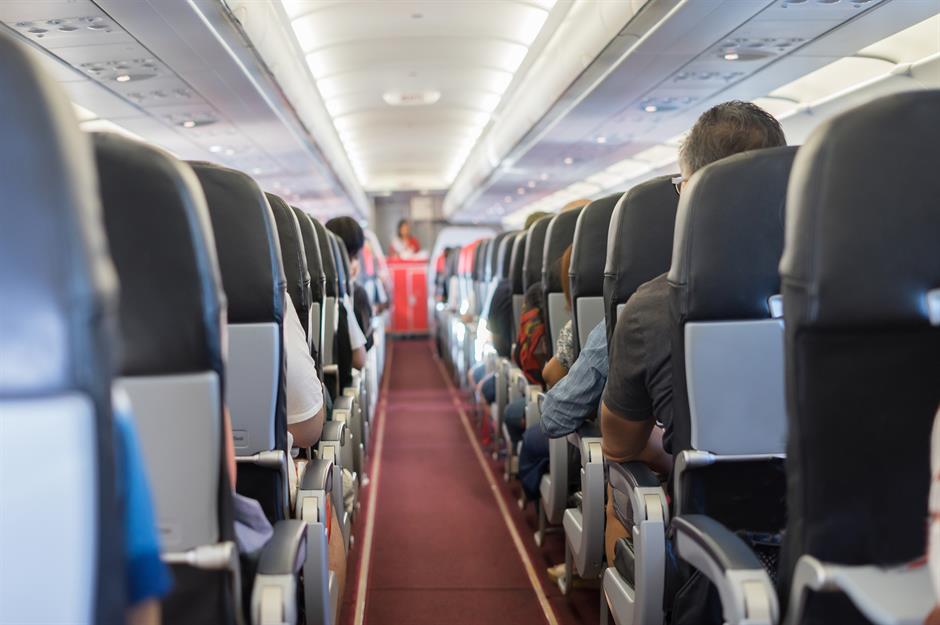
The last thing you want is to get sick on your holiday. But, according to numerous studies, planes are a breeding ground for all sorts of germs and some nasty microbes can survive for more than a week in a plane’s nooks and crannies. Microbiologists found that the seat pockets, arm rests and tray tables were among the dirtiest spots on board, with potential viruses ranging from the common cold to MRSA.
You have the best chance of staying healthy if you wash and sanitise your hands regularly, especially before eating. In these post-COVID times, more and more passengers are choosing to continue to wear masks on planes too.
You probably don’t want to drink the plane water
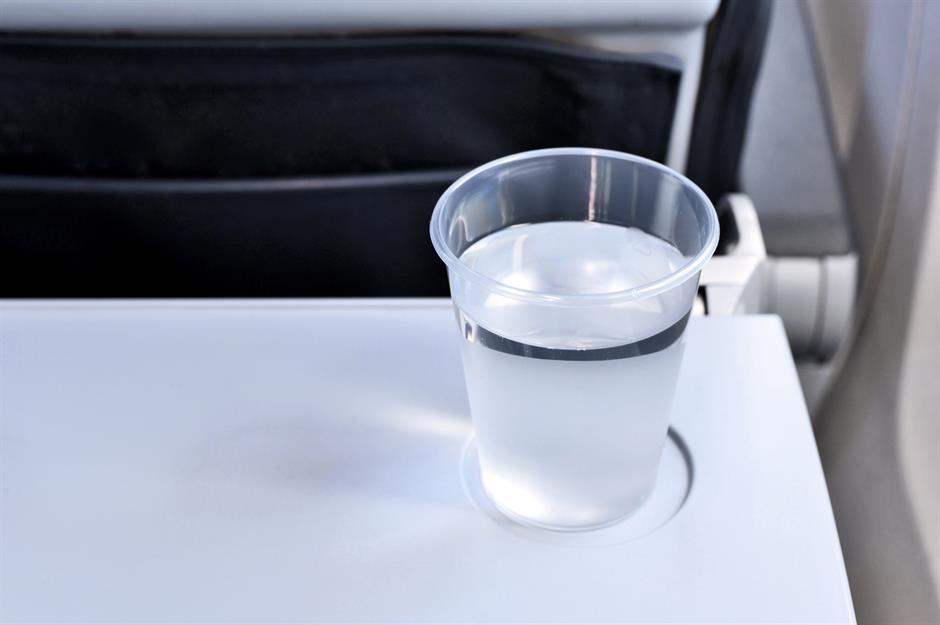
While it’s important to stay hydrated on flights, a 2019 study found that a number of airlines could have provided unhealthy tap water to their passengers. Flight attendant Kat Kamalani also went viral on TikTok in 2021 for advising viewers to steer clear of any uncanned or unbottled beverages on planes, calling the state of the water tanks "disgusting".
To be on the safe side (and to avoid creating unnecessary waste), bring a reusable bottle with you from home. Most major airports now have water stations in departures where you can fill up before a flight.
The back seats are the safest
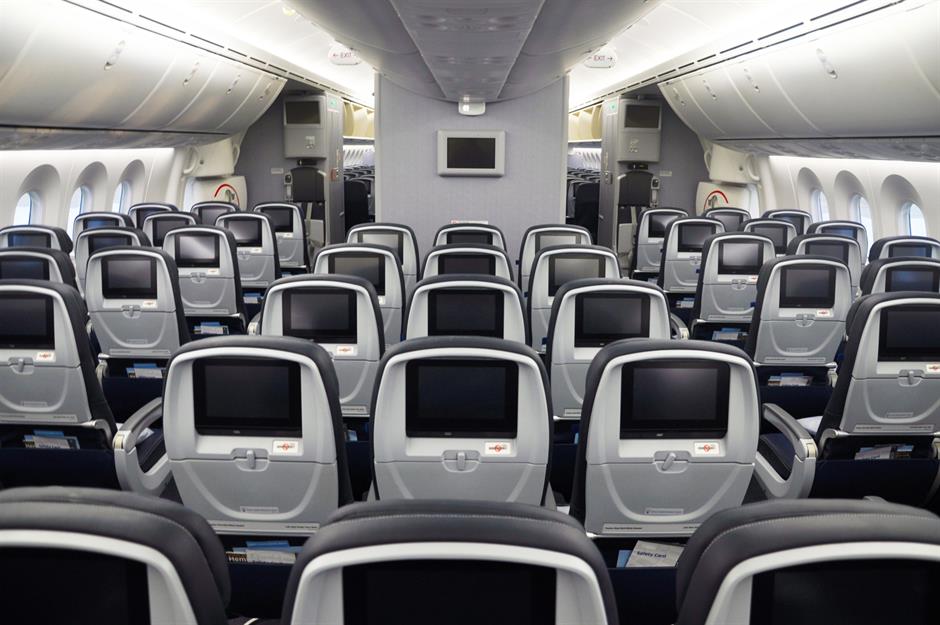
While it’s well-known that flying is one of the safest ways to get from A to B, plane crashes can be calamitous. According to a report commissioned by the Civil Aviation Authority, if things take a turn for the worst, the rear seats are where you want to be.
It found that passengers sitting in the plane’s back seats had a higher chance of survival due to a likely lesser impact (a measured force of 6G, compared to 12G at the front of the plane).
Sponsored Content
You’re owed money if your flight is delayed
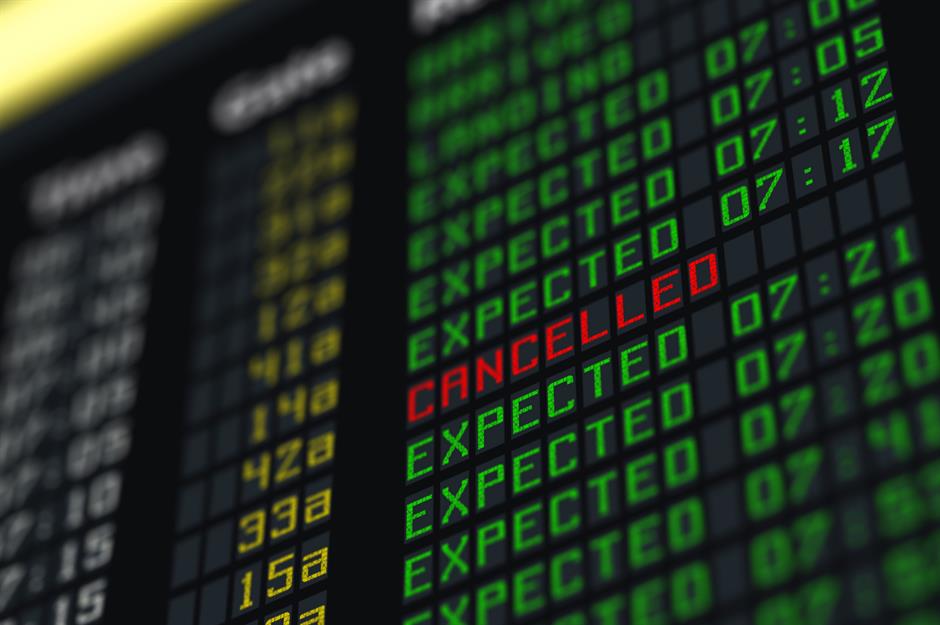
Delays can be frustrating and tiresome, yet many people remain unaware that they’ve a right to compensation if they’ve experienced a significant hold up. In the UK, if you’re delayed for more than three hours, you could claim up to £520 ($684).
You’re also entitled to food and drink vouchers, and overnight accommodation if you can’t fly until the next day. Take photos and hold onto tickets and boarding passes. Each airline will have a different process for making claims so check the website. If your claim is rejected, contact the Civil Aviation Authority.
Pilots eat different meals from you
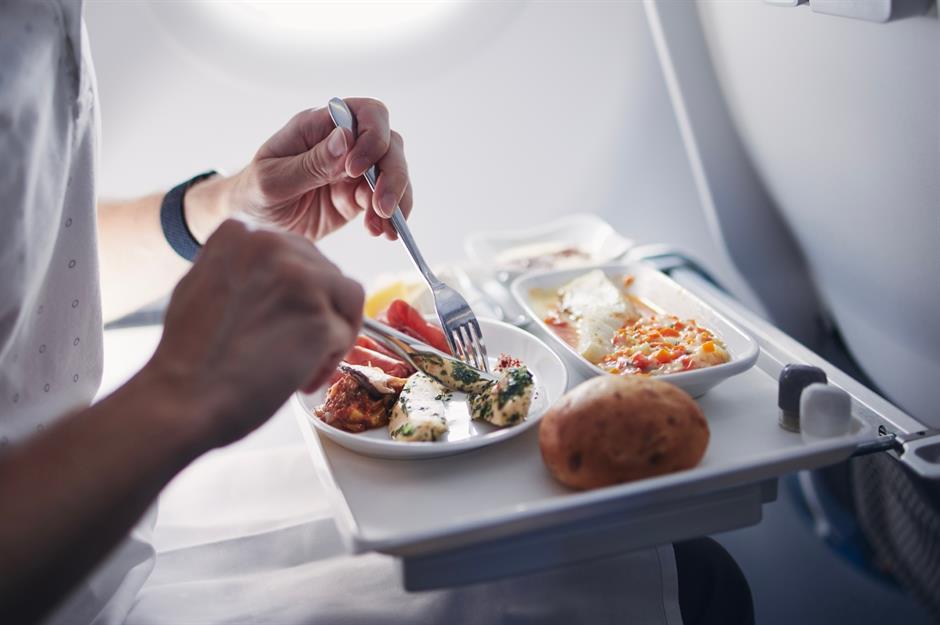
It turns out that pilots on some airlines don't eat the same meals as you. Plane food is not always palatable, but this is not a matter of taste. Co-pilots sometimes also strategically eat different meals from one another, and from the cabin crew too.
The reason for this is that if the main meals served were to cause food poisoning, at least one pilot needs to remain healthy enough to operate the plane. Anyone who’s seen the classic 1980 spoof disaster movie Airplane! will know how important this is...
There’s a morgue on board cruise ships...
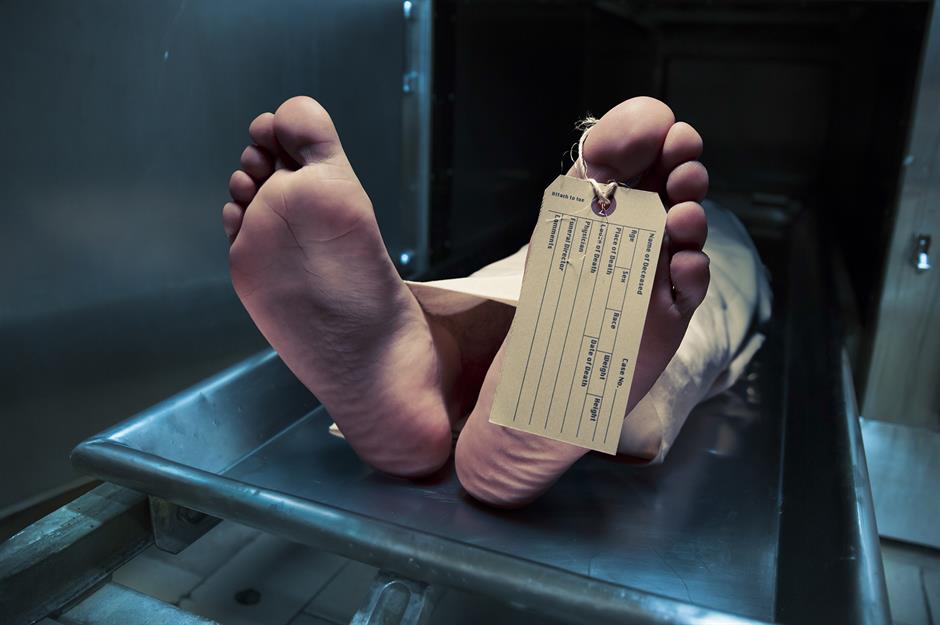
It's the weird and wonderful world of cruising we're diving into now. While it may seem macabre, it’s required that large cruise liners have a morgue on board. The morgue will sometimes hold deceased passengers for as long as a week, until the ship arrives at a large port, and ongoing arrangements can be made.
On many liners, crew will be trained to deal with grieving family members and the company will help the family make plans.
Sponsored Content
...and a jail too
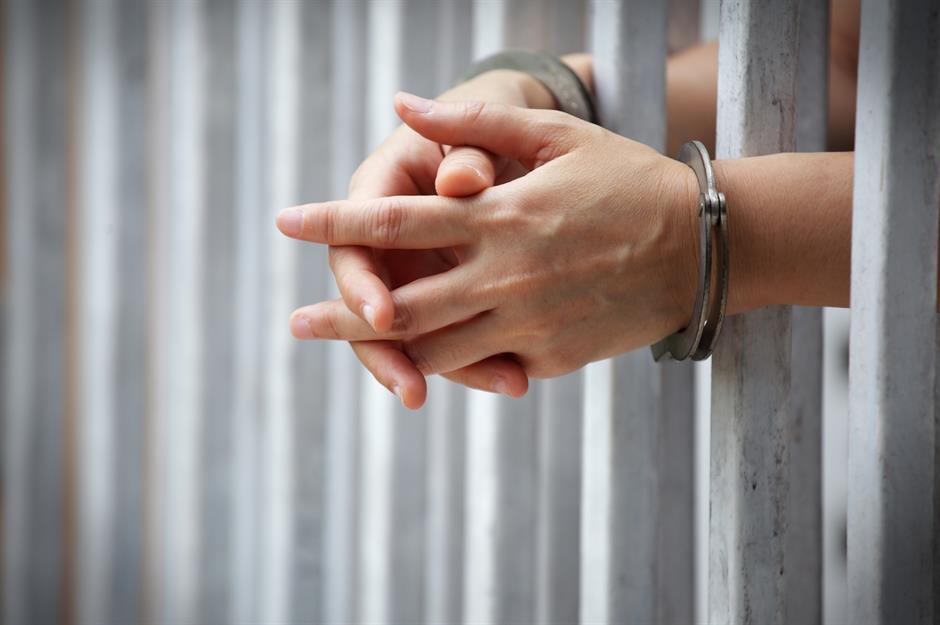
Another secret is that many cruise liners will have a small onboard jail or brig. You have to do something pretty bad to be confined here but, over the years, passengers have been busted by onboard security for fighting, abusive behaviour and possession of illegal substances. The detainee will often be arrested at the next major port or even held in the prison until the end of the trip.
Opt for no windows and you’ll make a saving
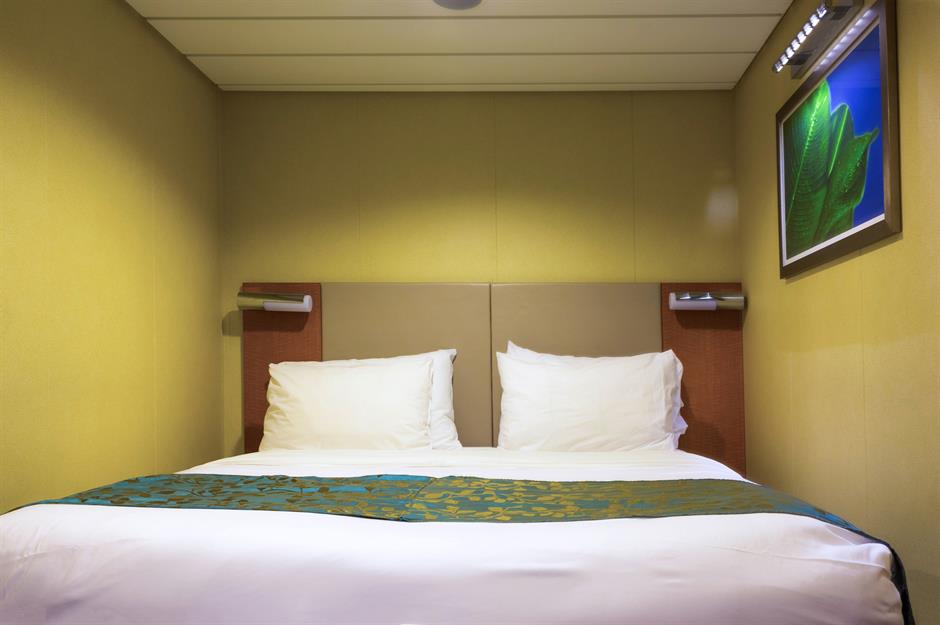
If you really want to save some cash on your cruise (and aren’t claustrophobic), you could always opt for an inside cabin. This means a (usually small) stateroom without windows and, therefore, no natural light.
But before plumping for this option, consider if it’s right for you. If you’re planning to spend a lot of time relaxing in this space, it may be worth parting with some extra pennies for those sea views. But if it’s just somewhere to rest your head, it might be the perfect way to bring down costs.
The ship may be on autopilot
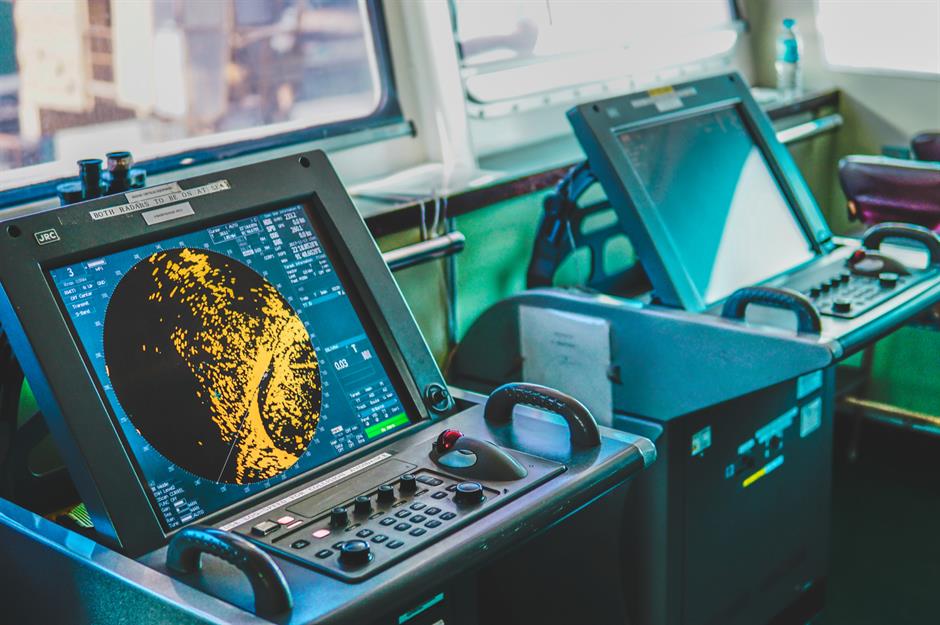
While you might like to imagine that all hands are on deck for the duration of your cruise, that’s not necessarily the case. In fact, for most of the journey, the cruise ship will be computer operated – the captain usually takes more of a managerial role on the bridge.
Don’t worry, though, there are still navigational experts present and there's much more human intervention during periods of bad weather or when entering and exiting ports.
Sponsored Content
There might be a party below deck
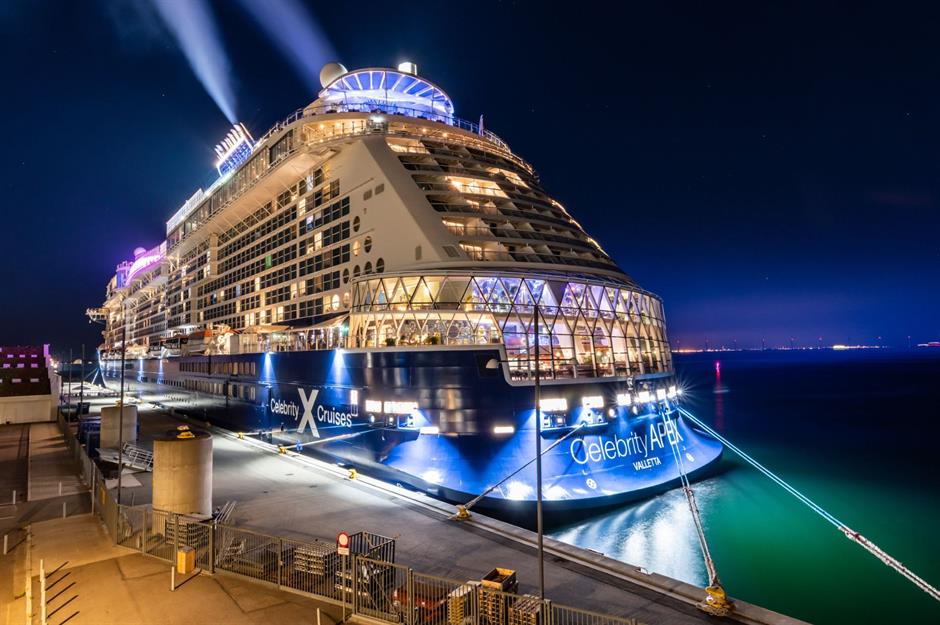
After a long day, attentive cruise ship staff need somewhere to let their hair down – and, purportedly, they do this in the staff quarters below deck. Insider sources have shared stories of cheap crew-only bars and raucous parties pumping long after passengers have retired to bed.
You’ll get a better shower in the spa than in your cabin
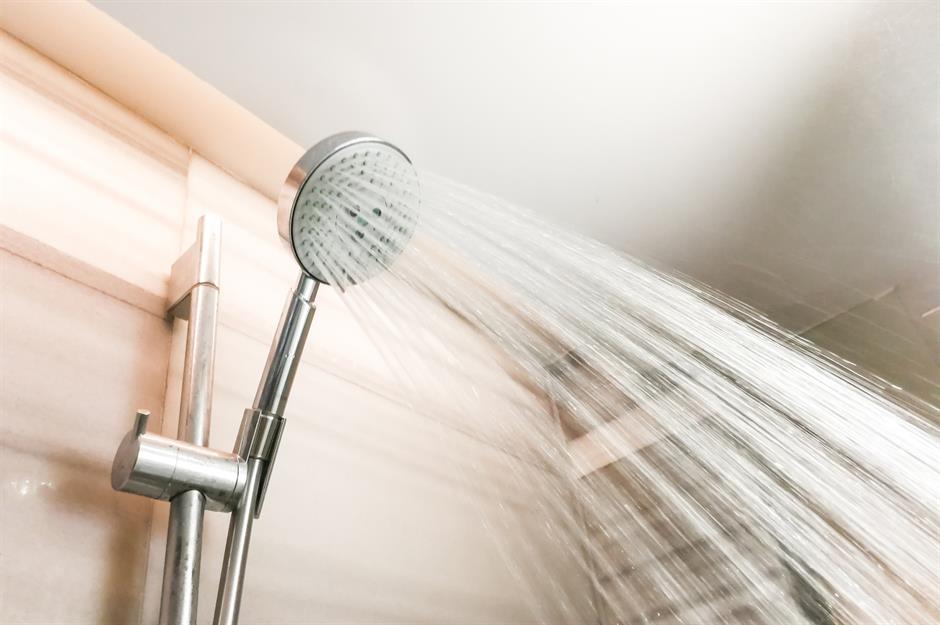
The ensuite bathrooms on a cruise ship are notoriously small and often lacking in adequate ventilation, with a clingy shower curtain to boot. The spa facilities, however, are usually free to enter, and you’ll likely be granted indulgent products, fresh towels and robes, plus plenty more room to manoeuvre.
You’ll be left behind if you turn up late
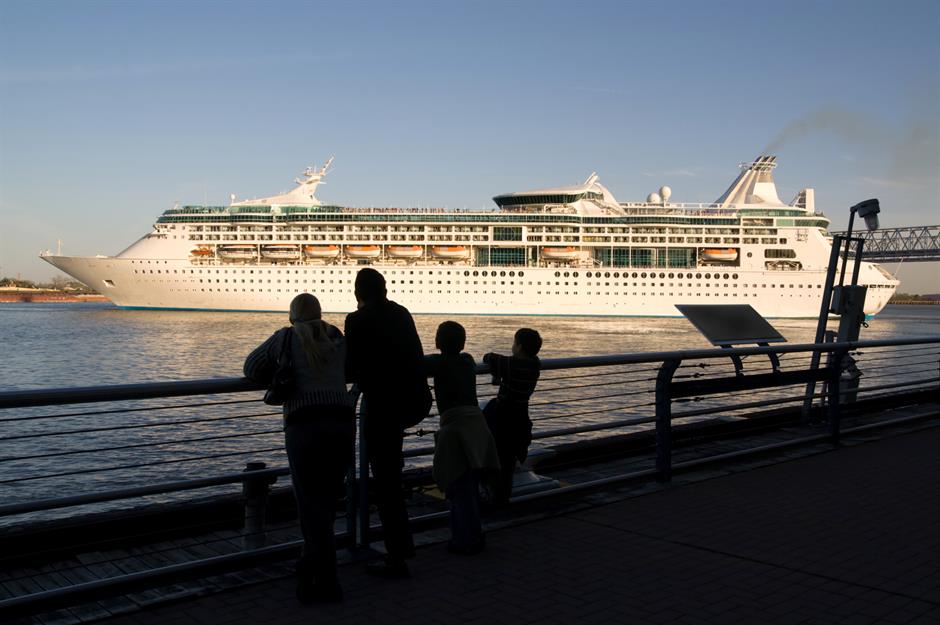
Cruise ships run to a strict schedule. If you don’t heed to it, you could be left stranded. And unless you’re on an excursion organised by the liner, you’re fully responsible for your subsequent travel arrangements and the associated costs.
Be sure to always carry your important documents with you and, if you're left behind, seek out a port agent (most liners will have one stationed in the visited ports) who will be able to assist you.
Sponsored Content
Cancelling your cruise is expensive and complicated
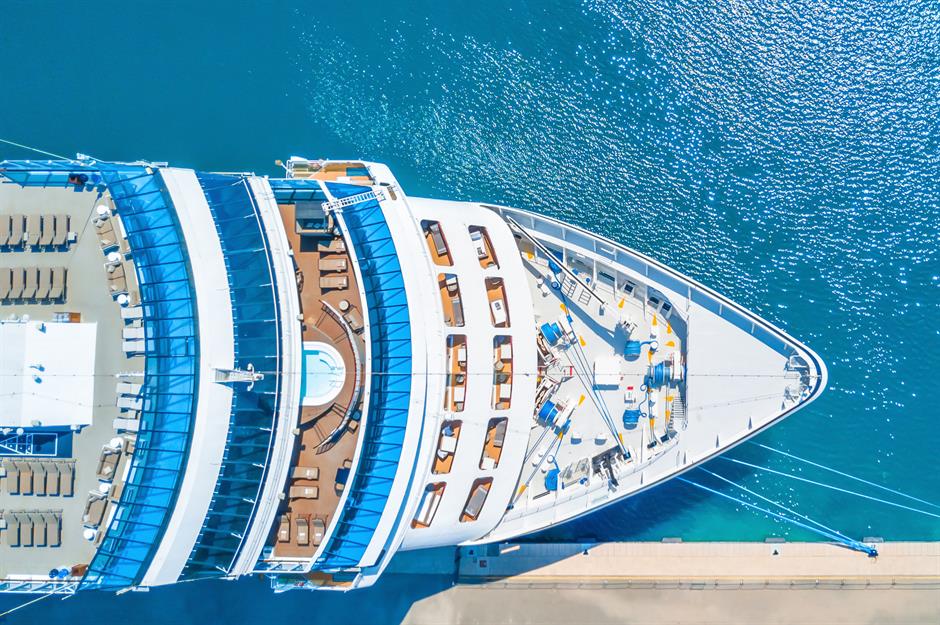
It’s not easy or cheap to cancel a cruise, and policies vary greatly from line to line. It’s vital that you read the small print and organise travel insurance, in case you need to take this step.
According to Cruise Critic, the longer the cruise, the more money you could lose. Added extras such as excursions may be dealt with separately, and some companies will require a written cancellation rather than a phone call.
The crew hold the secrets to the best places to visit
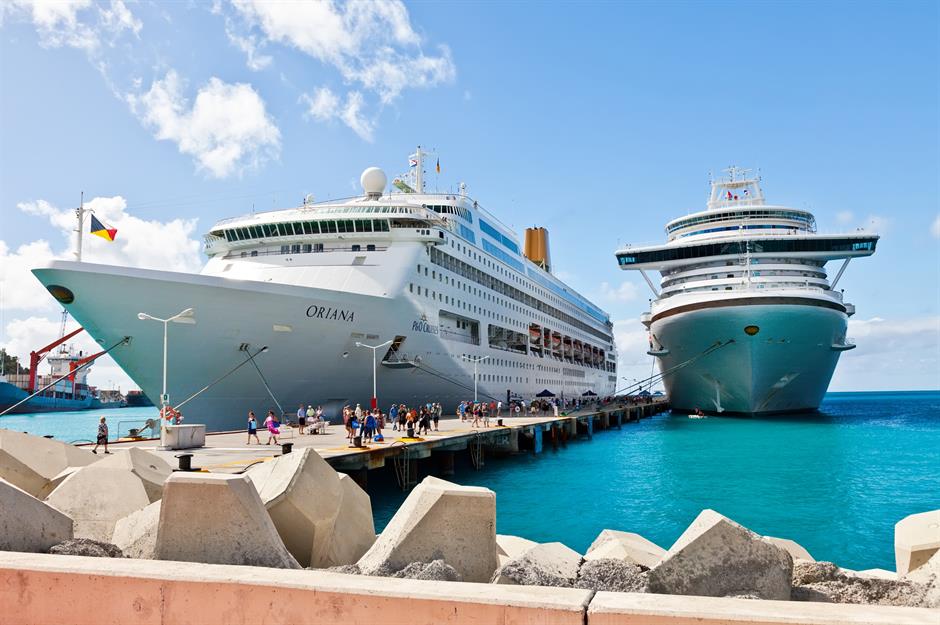
While cruise operators will want you to book onto an organised excursion, the onboard staff are an often-untapped source of local knowledge. They’ll know the low-key spots to sample local delicacies at a steal, and the side streets to slip down to escape the tourist throngs. Ask them for some pointers before disembarking and you might be surprised at what you find.
It's worth submitting complaints
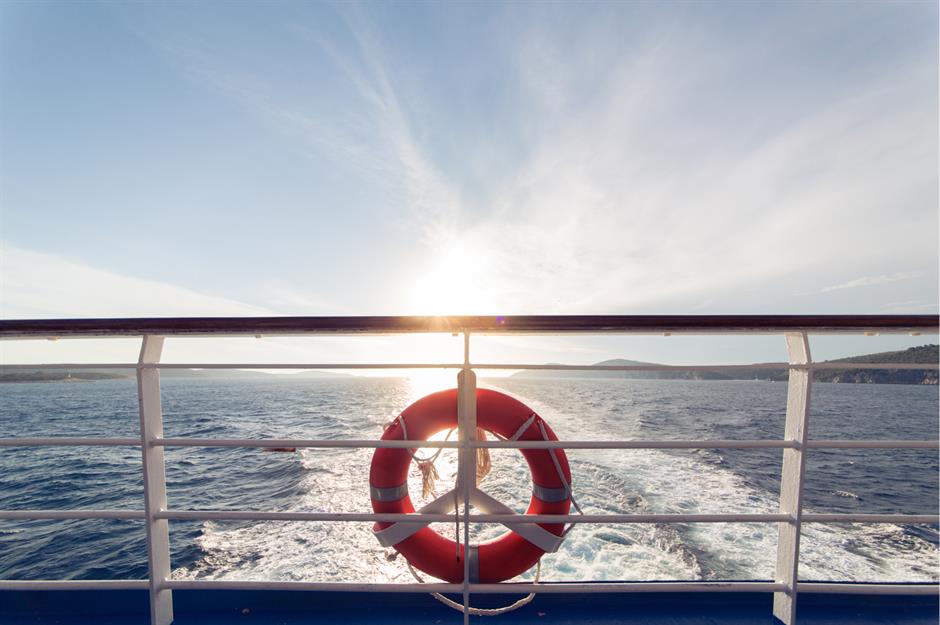
If you have a reasoned, substantiated complaint about your cruise, it's always worth contacting the company. Most cruise lines will be sympathetic to genuine issues their customers have experienced and give fair compensation. Often, it'll be in the form of money-off vouchers, meaning you could make a significant saving on your next break.
Sponsored Content
Some hotels have secret rooms reserved for VIPs

Lastly, it's the things that hoteliers don't want you to know. Even if you think you’re staying in the best room your hotel has to offer, there may be some unlisted rooms reserved for the most high-profile guests.
According to Bloomberg, it’s not uncommon for properties to hold back their most lavish suites in case a celebrity should make a booking. Bloomberg lists The Retreat at the Blue Lagoon in Iceland as one of the hotels keeping schtum about a particularly plush room.
The safe is not as secure as you'd hope
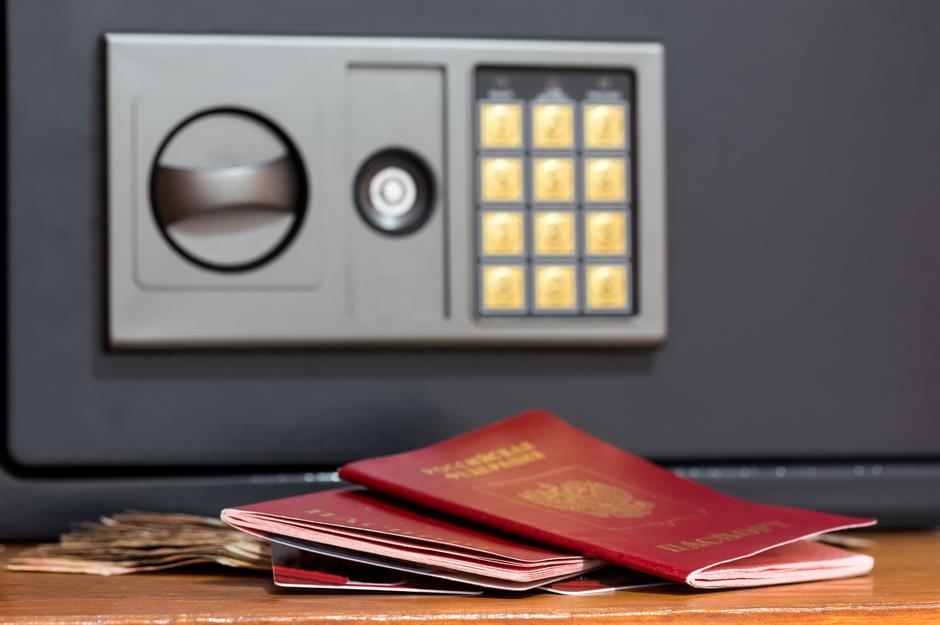
It’s always recommended that you keep your valuables in the safe, rather than lying about your hotel room but, according to some reports, they might not be as secure as you'd think. From codes that override guests' combinations to thieves using UV lights to check which numbers have been plugged, there are ways to crack a hotel's standard-issue safe.
There’s a way to upgrade your hotel room at no extra cost
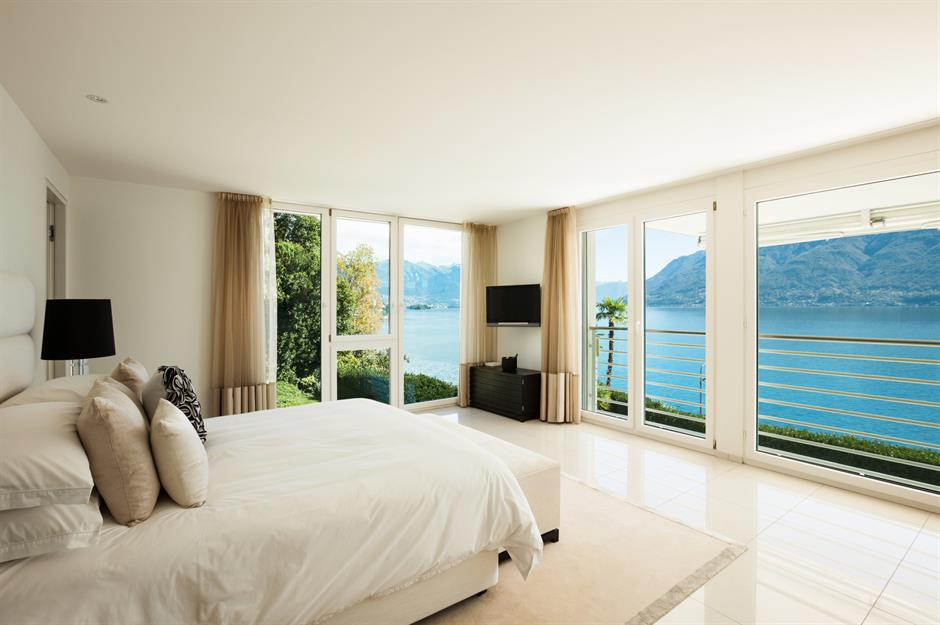
Always ask for a corner room, if you can. While you might not want to pay the price for the hotel’s best suite, corner rooms are usually a little more spacious than others, often with more windows and better views. Despite this, they may well be charged at the same rate as a basic room. There's no harm in asking.
Sponsored Content
It's OK to complain
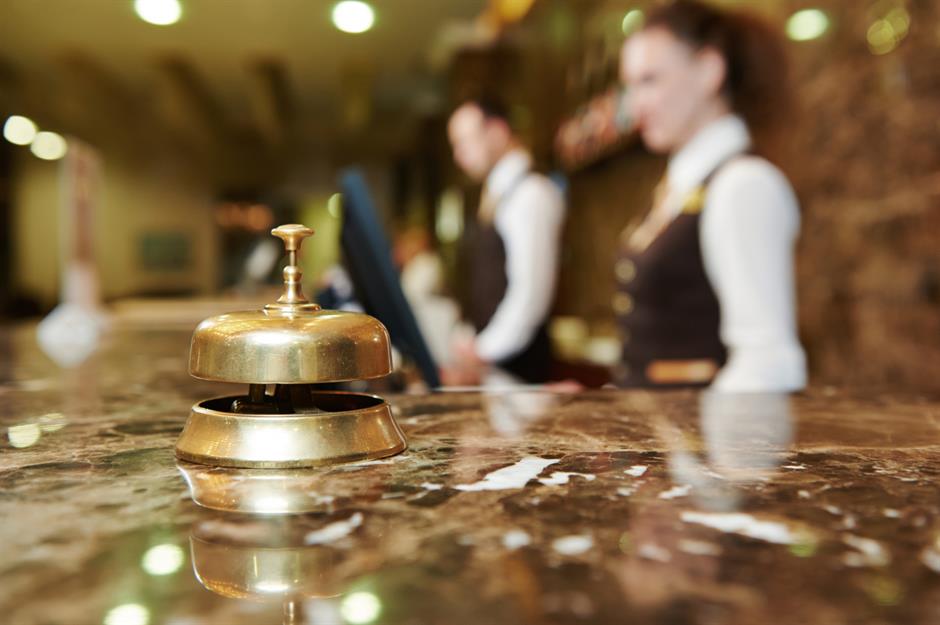
While you’ll get nowhere if you’re rude or abusive to hotel staff, a polite, eloquent complaint put in at the front desk can work wonders. Act immediately, decide your expectations before you approach anyone, be specific about the issue in hand and be persistent if you think your needs are not being met. While you shouldn’t demand this immediately, if you’re getting nowhere, ask to speak to the manager.
Your hotel booking isn't guaranteed
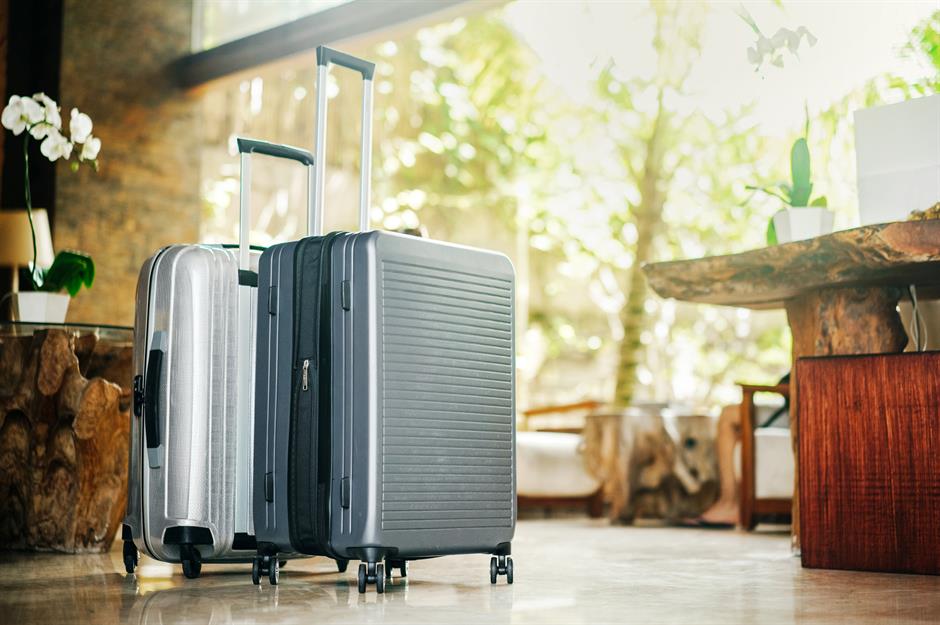
It's relatively uncommon, but since hotels experience inevitable 'no shows', some will overbook so they don’t lose out (much like airlines). The risk is, of course, calculated, and in most cases, there will be some absent guests, and everything will run without a hitch.
In other cases, though, the front desk will end up with more visitors than they have capacity for. This isn’t always bad news for the guest, though, since you may well be upgraded or moved on to a more expensive hotel (transport included) for no extra cost.
Your hotel room may not be as clean as you'd hope

When sinking into your hotel room bed after a long day’s exploring, you’d hope at the very least that it’s clean as a whistle. But a 2016 study, taking 36 samples from nine different hotels, suggested the average hotel room contained more bacteria than the average home, school or plane.
You'd hope that things have levelled up since COVID-19, but TikToK star Operation Niki still doesn't trust housekeeping's standards – and always gives her hotel room a full 20-minute spruce before settling in.
Sponsored Content
Bed bugs are surprisingly common
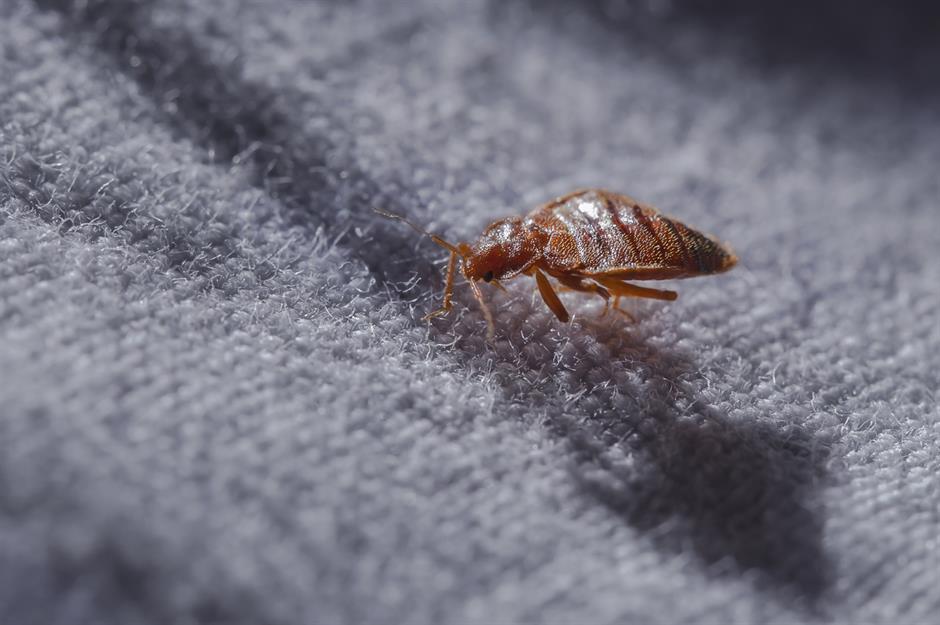
Most holidaymakers would be horrified to find bed bugs in their hotel room, but it turns out they're not as rare as you might think. Even the swankiest hotels can be infested with the critters, and a study by the National Pest Management Association and the University of Kentucky found hotels to be the third most common place for bed bugs to hang out (second only to apartment blocks and family homes).
Have a quick peek beneath the mattress as soon as you arrive and watch for little brown spots left behind by the bugs. If you notice anything, report it immediately.
If you use a booking site, you may be given a worse room
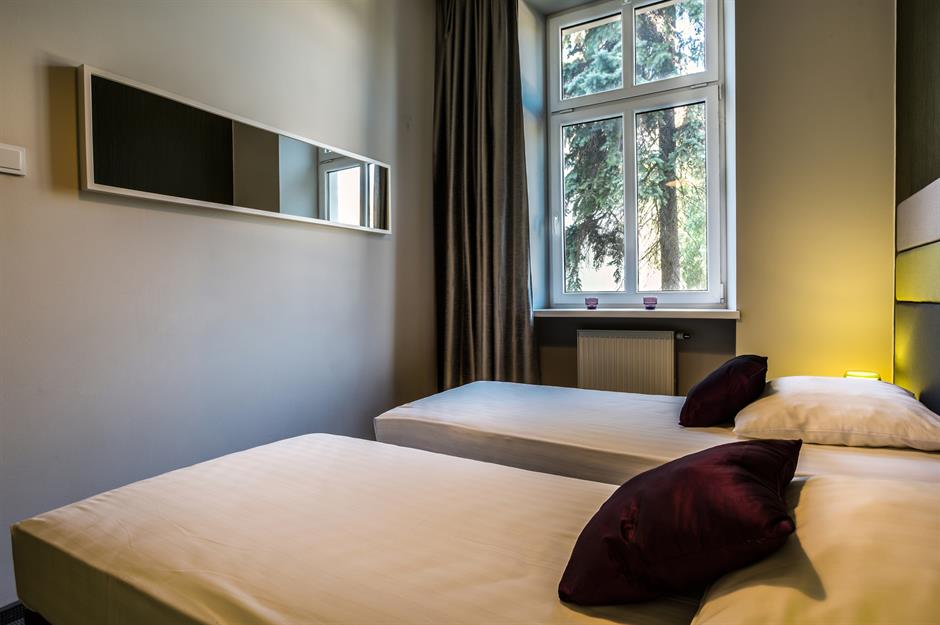
While a third-party site may be a convenient and affordable way to book a hotel stay, some hoteliers have claimed that the quality of your room may suffer as a result. Since a guest has not booked direct, it’s assumed that they made their choice based on value, rather than loyalty to the brand or property.
Hotels also have to pay commission to booking sites. Therefore, the best rooms are purportedly reserved for those who cut out the middleman.
It’s possible to get blacklisted
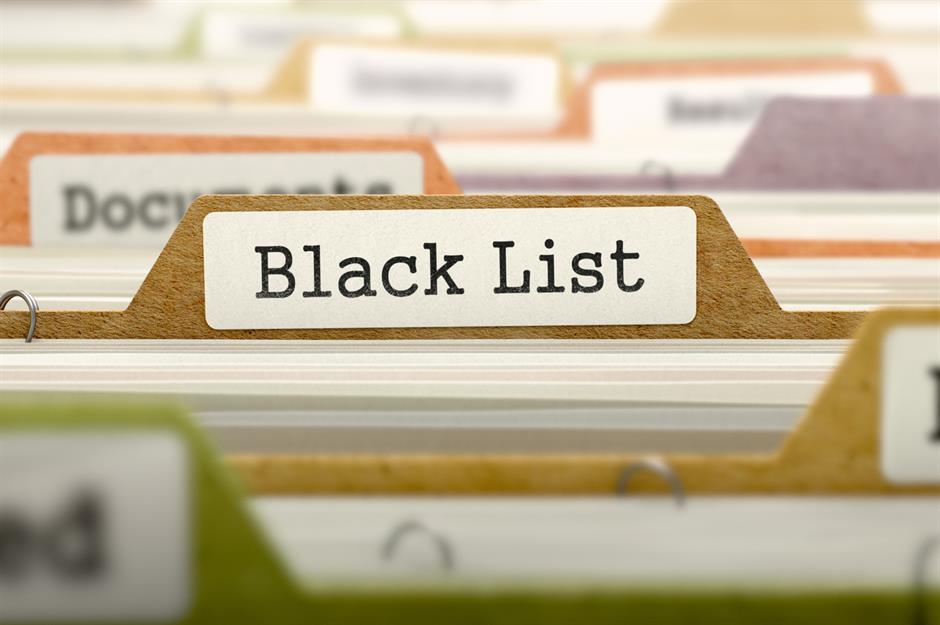
Most guests will cause little trouble for hoteliers, but those who cannot play nice could be put on a blacklist. You'd have to be a truly awful customer for that to be the case, as a blacklist in the hotel industry is there to safeguard fellow guests, staff and the property itself from potentially harmful behaviours.
You could wind up on the blacklist, or 'Do Not Rent' list, for causing damage to the property, not paying your bill, or by being physically or verbally abusive to others at the hotel.
Sponsored Content
You could save money by booking a mystery hotel
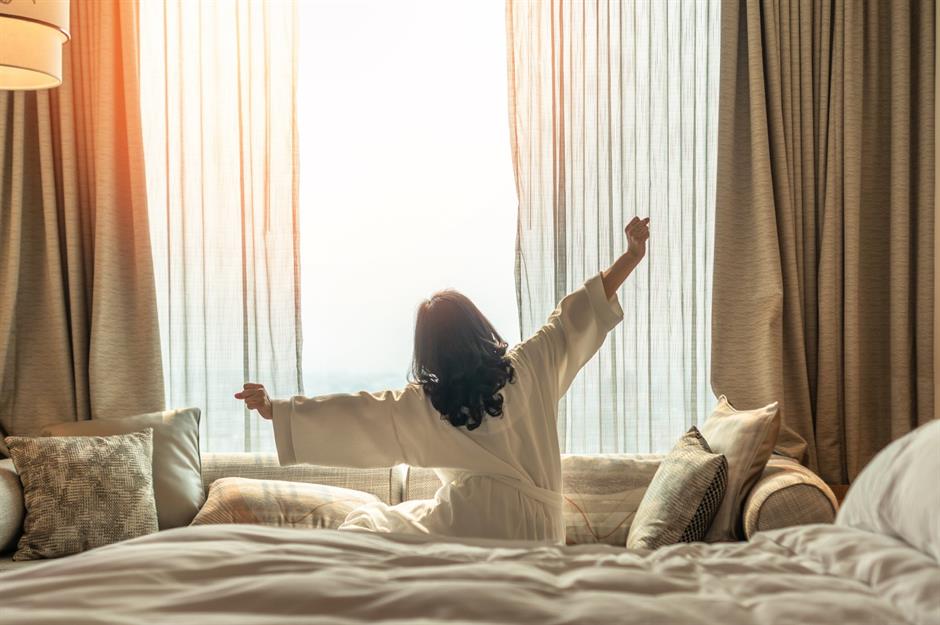
Did you know that you can book top hotels at slashed prices – at the slightly dubious cost of not actually knowing where you’re staying until after you’ve paid? Yes, it’s possible to unlock bargain rates for hotels on sites like Lastminute.com, Hotwire and Priceline by simply selecting undisclosed ‘secret’ hotels in your desired location.
Then you’ll receive a confirmation email revealing where you’re staying once you’ve booked. But if the mere thought brings you out in a cold sweat, MoneySavingExpert has some tips for working out the identity of your ‘secret’ hotel before punching in your PayPal password.
Now check out the clever cruise tips that will transform your next cruise
Comments
Be the first to comment
Do you want to comment on this article? You need to be signed in for this feature